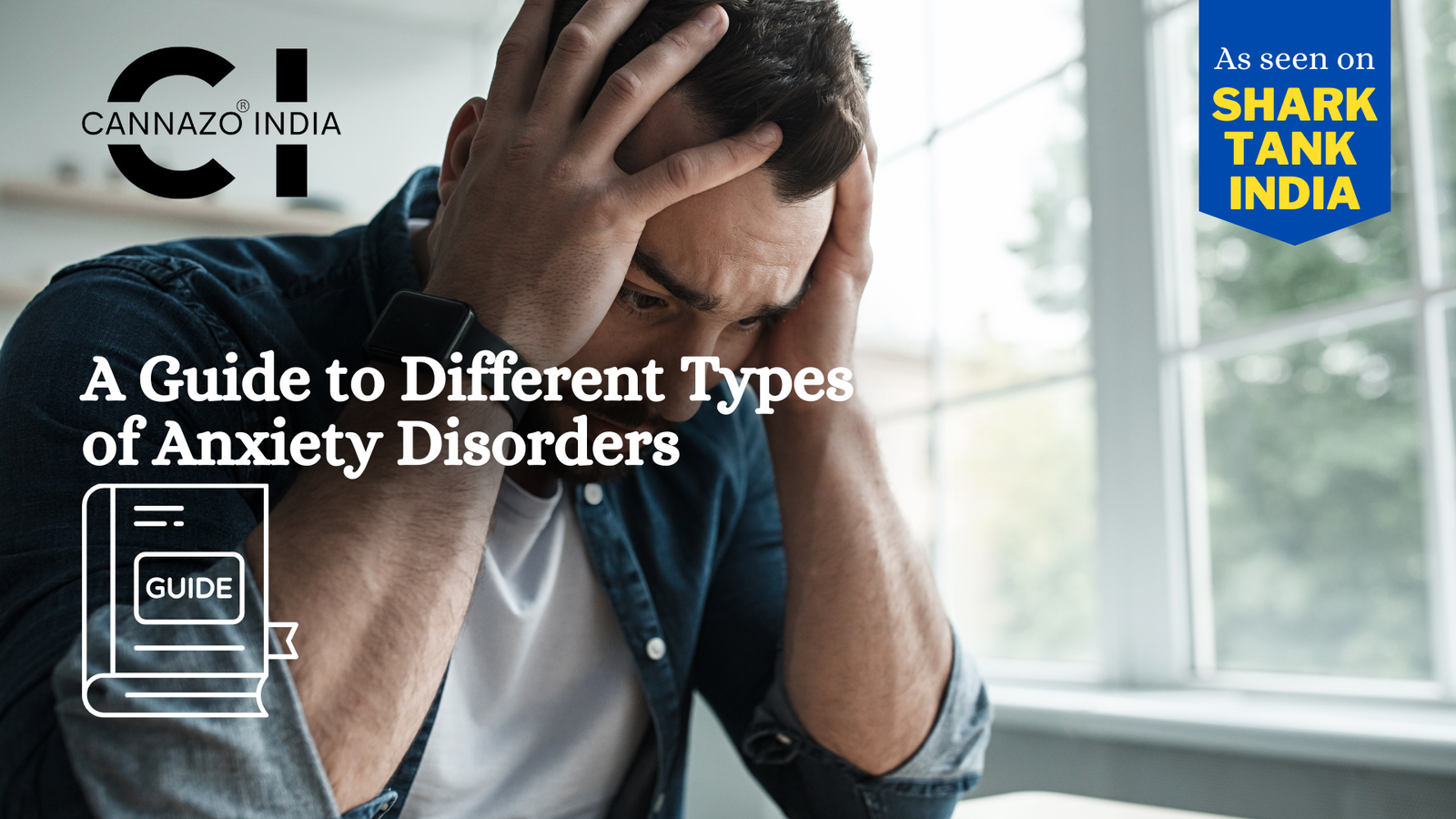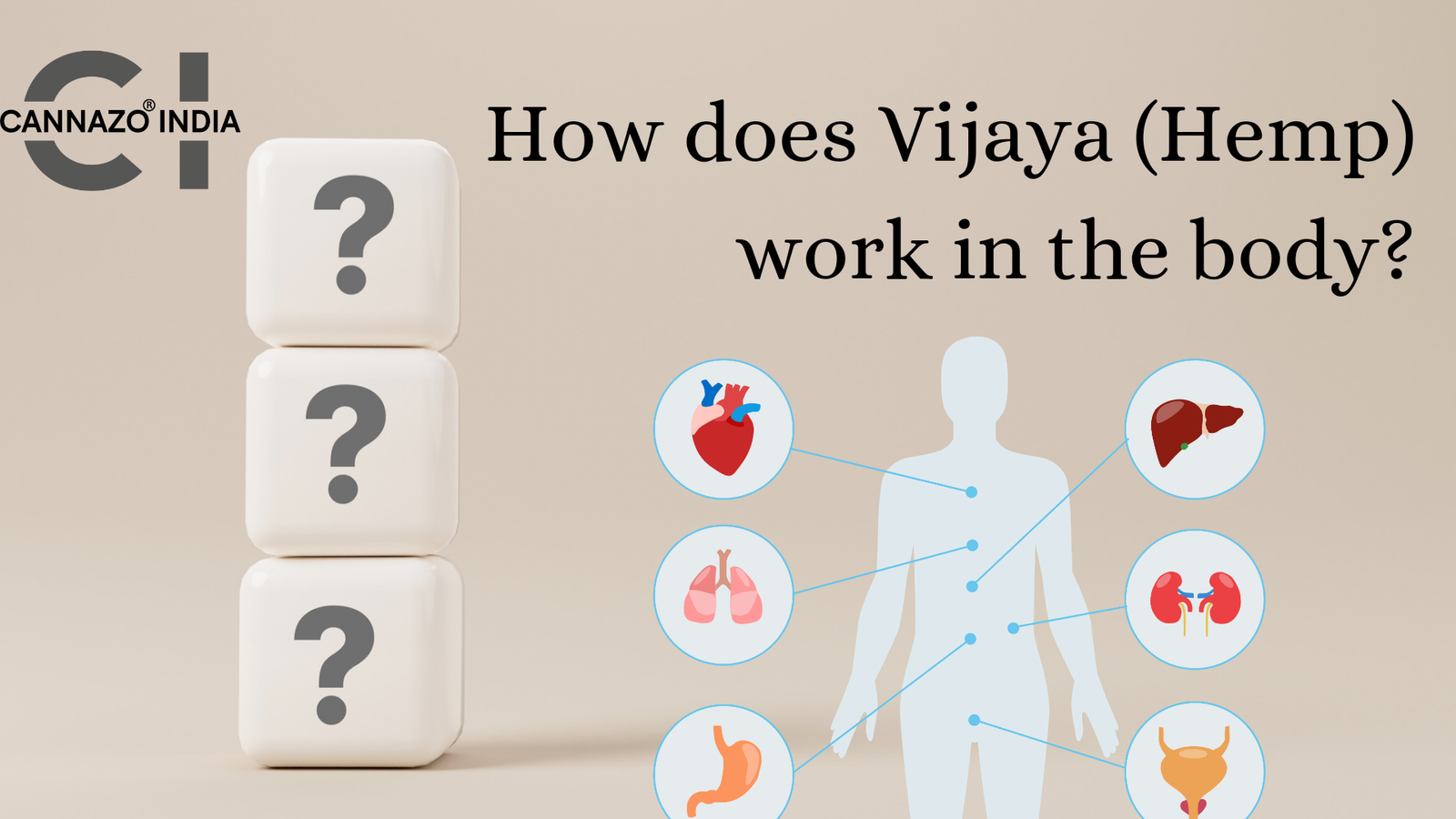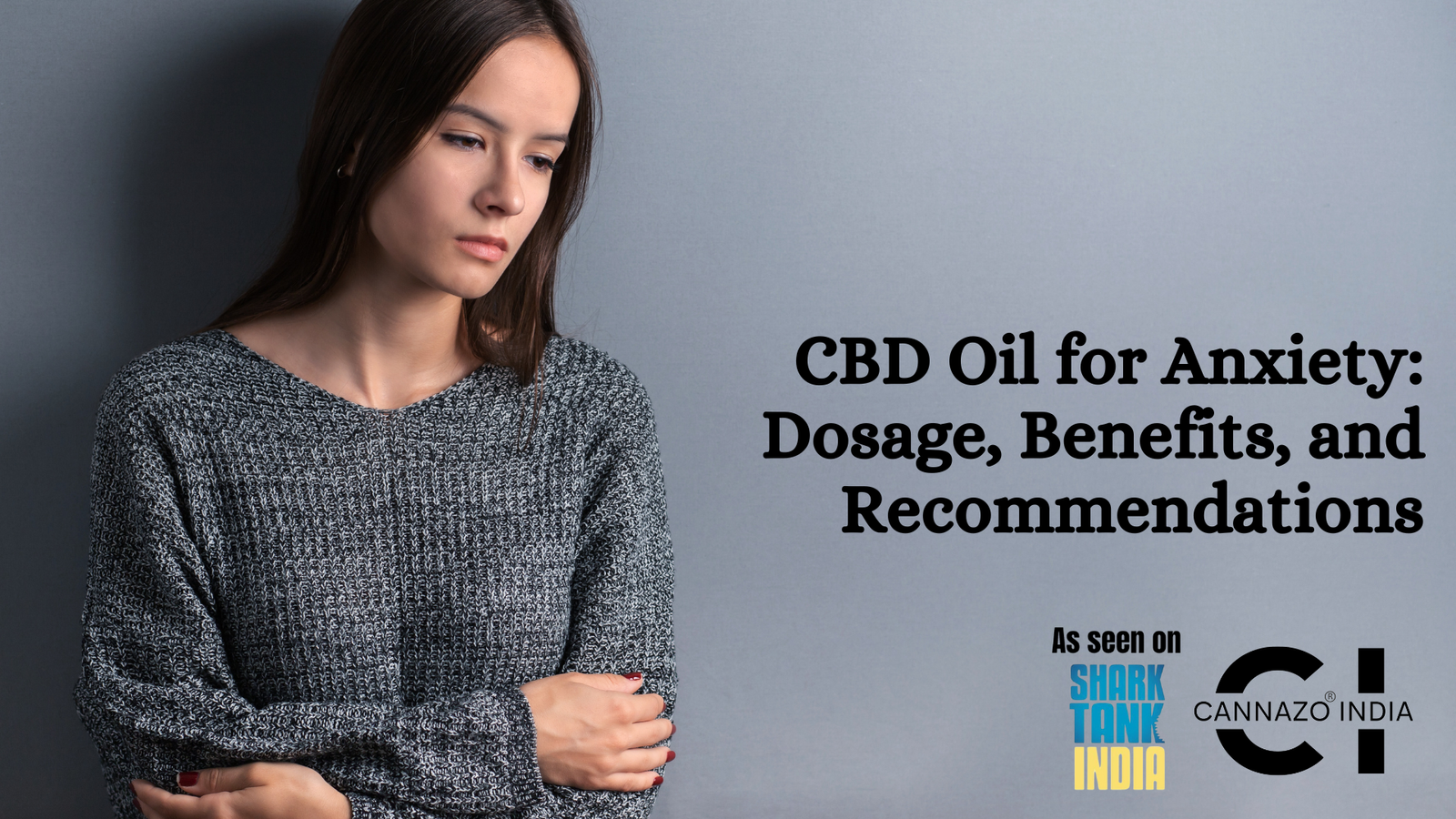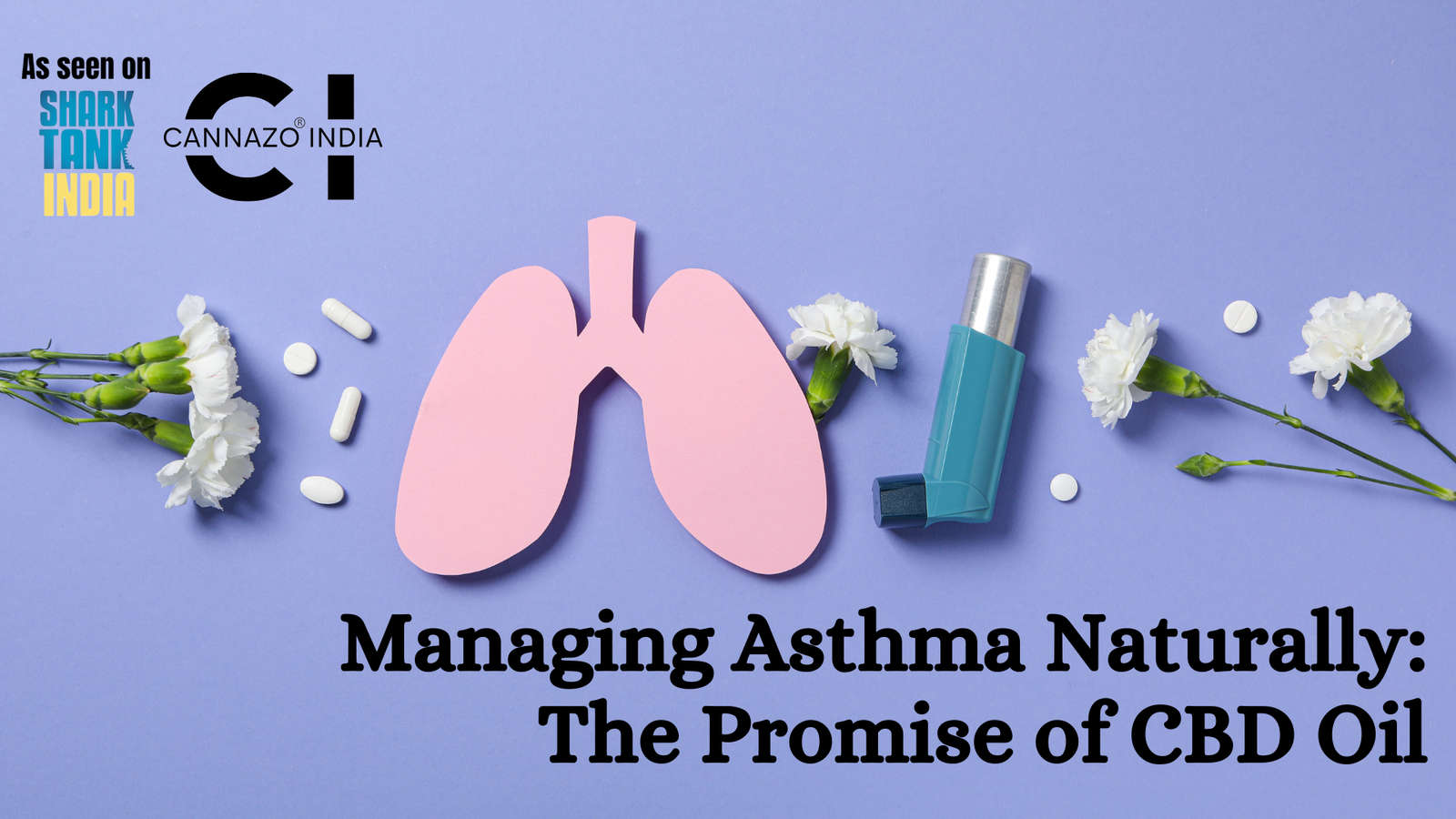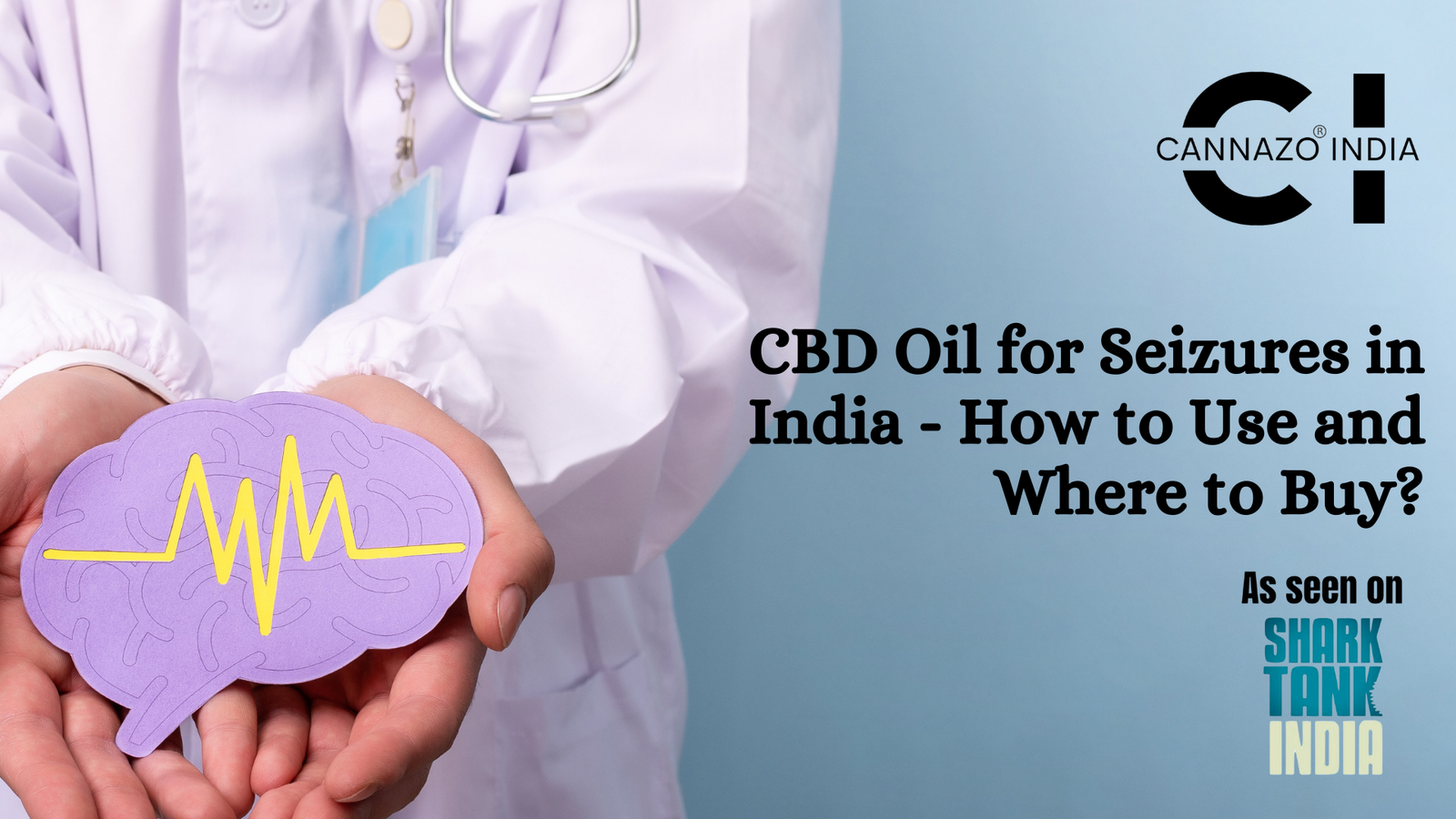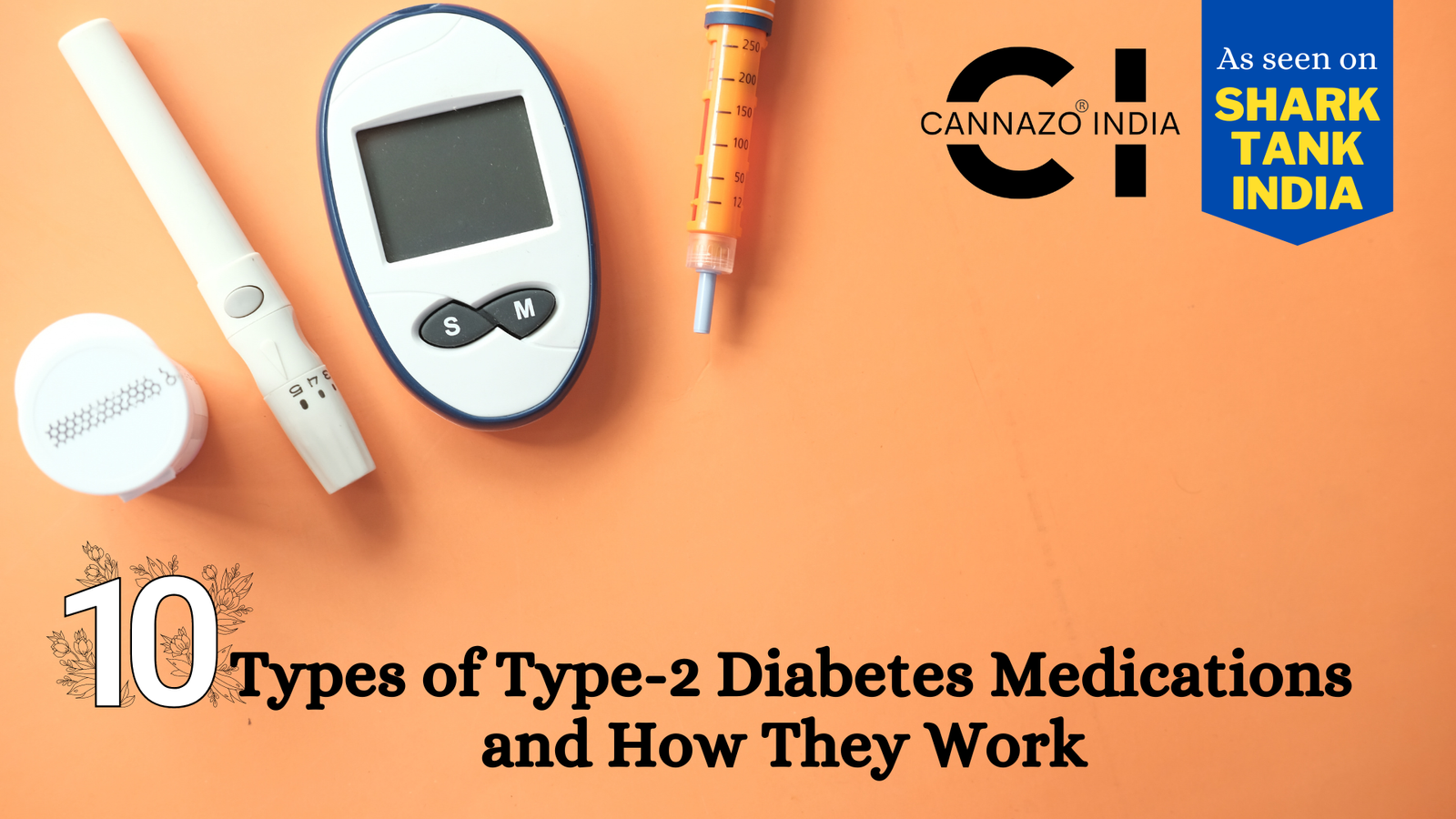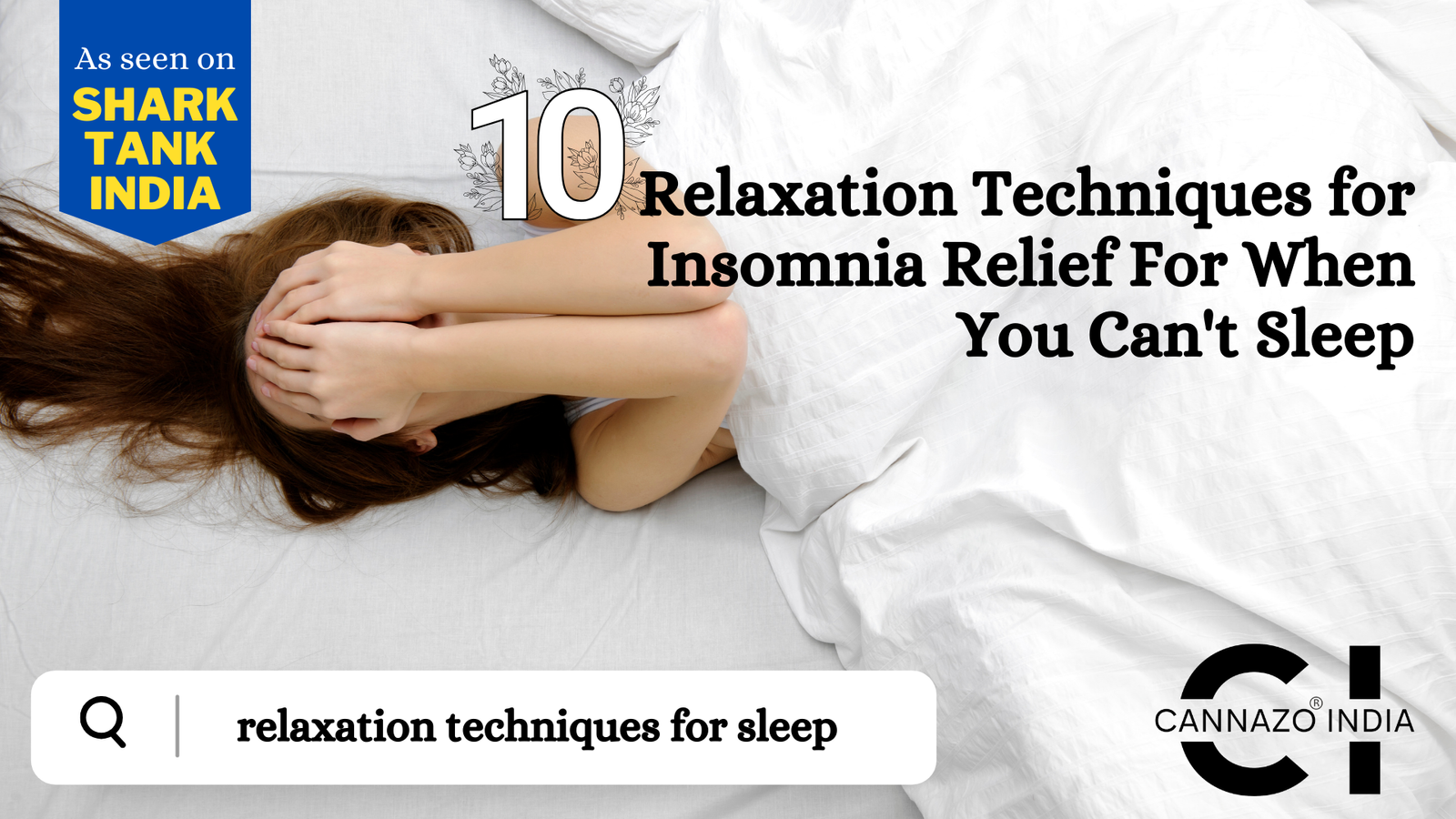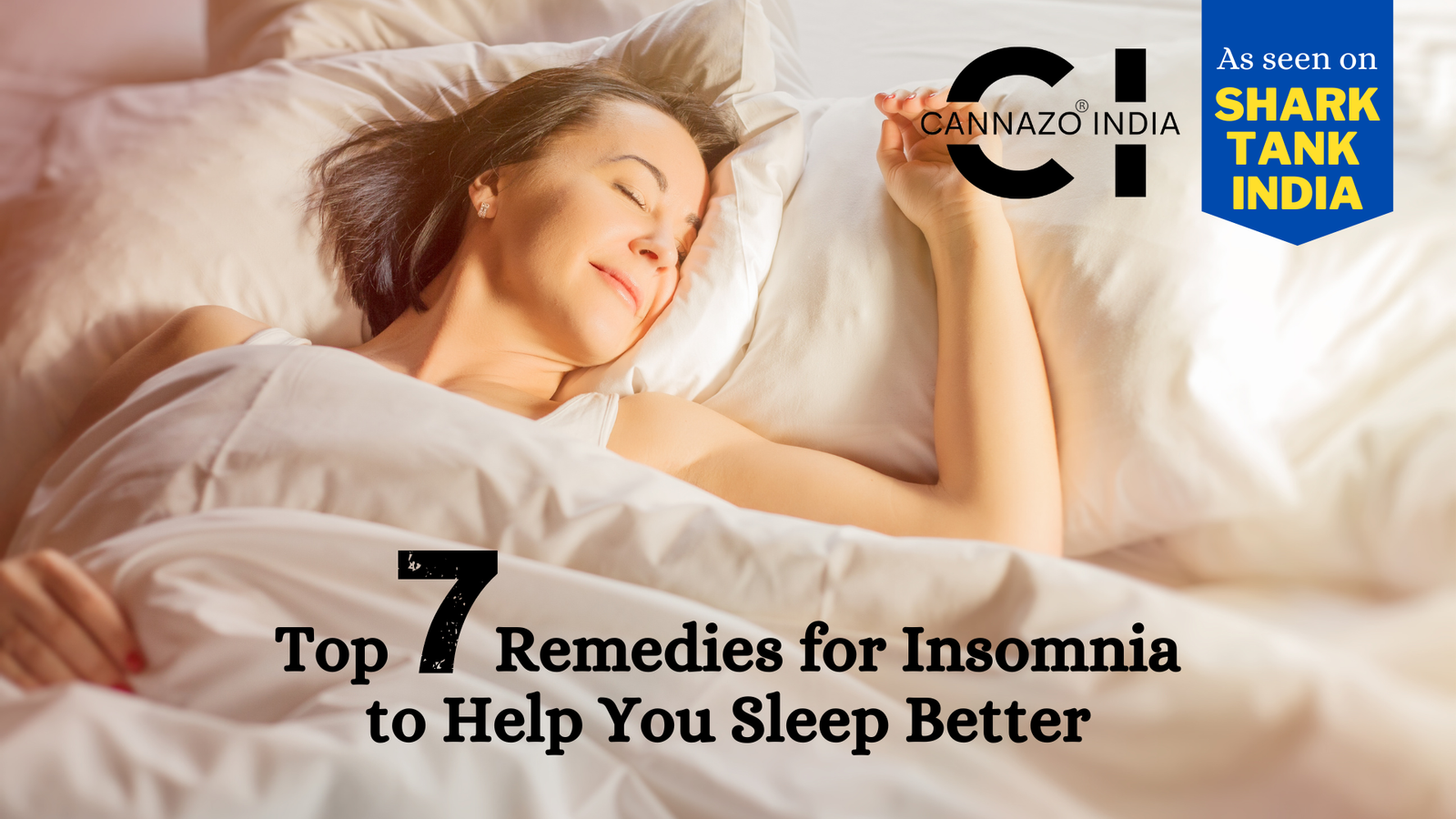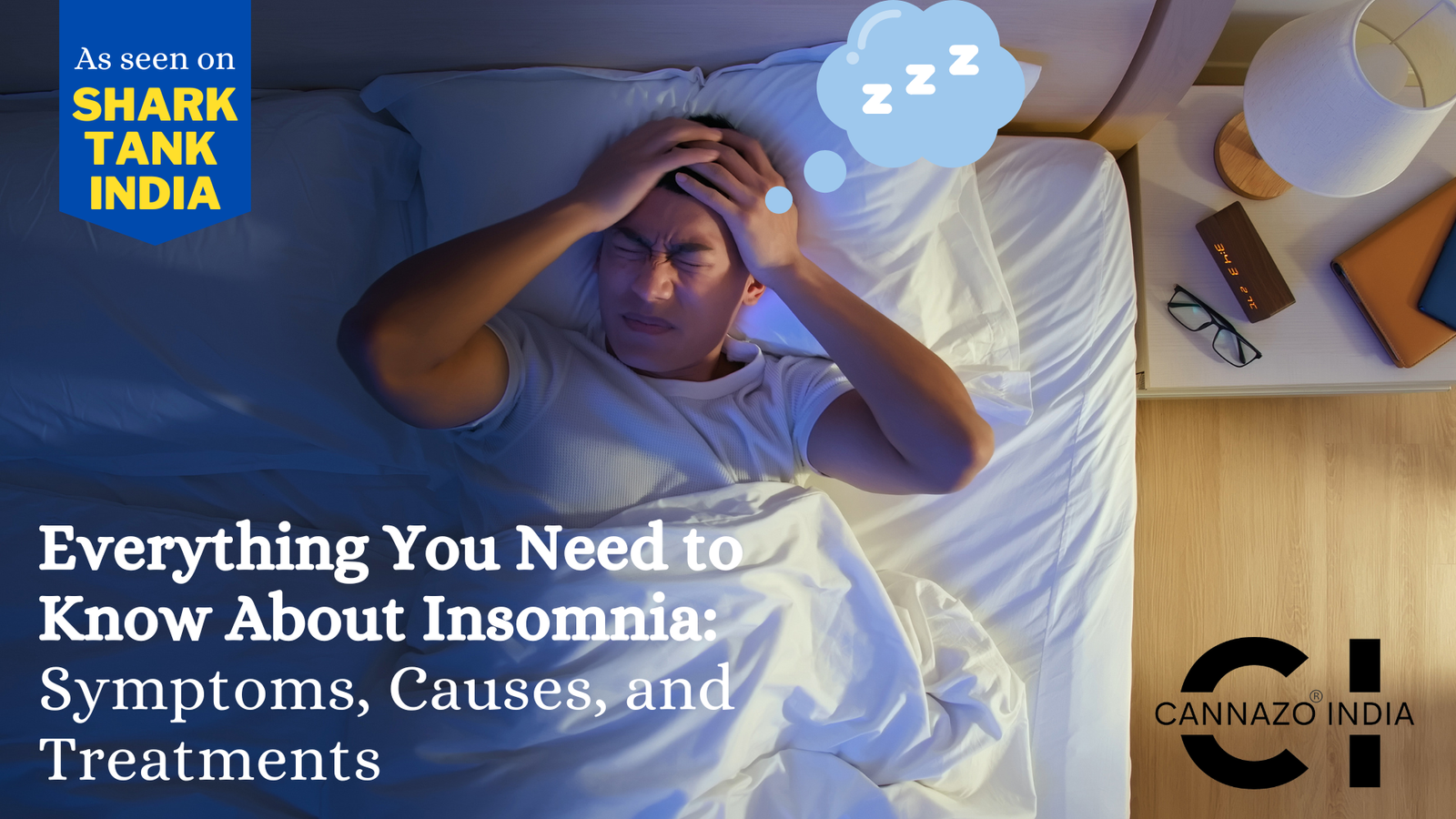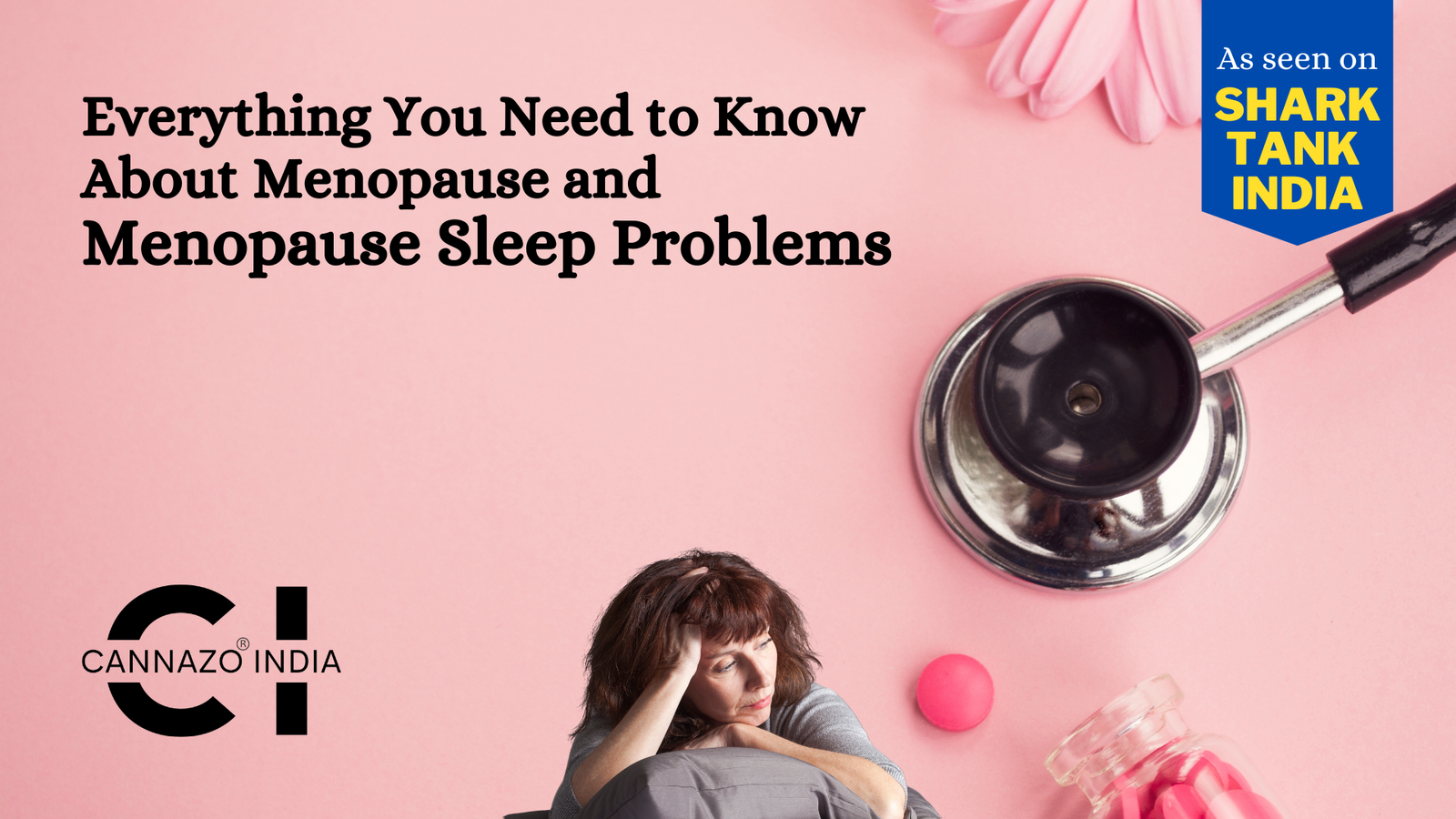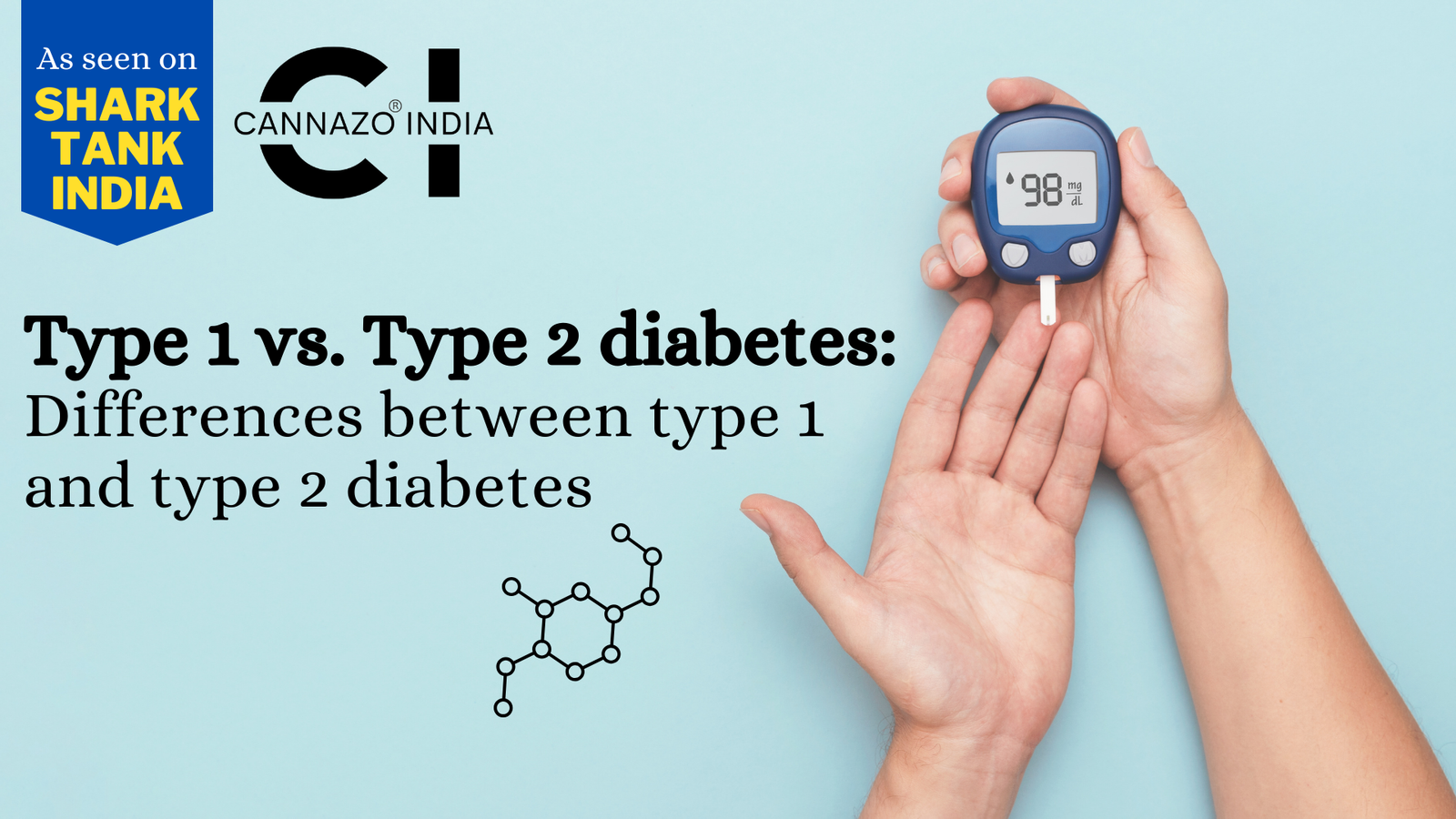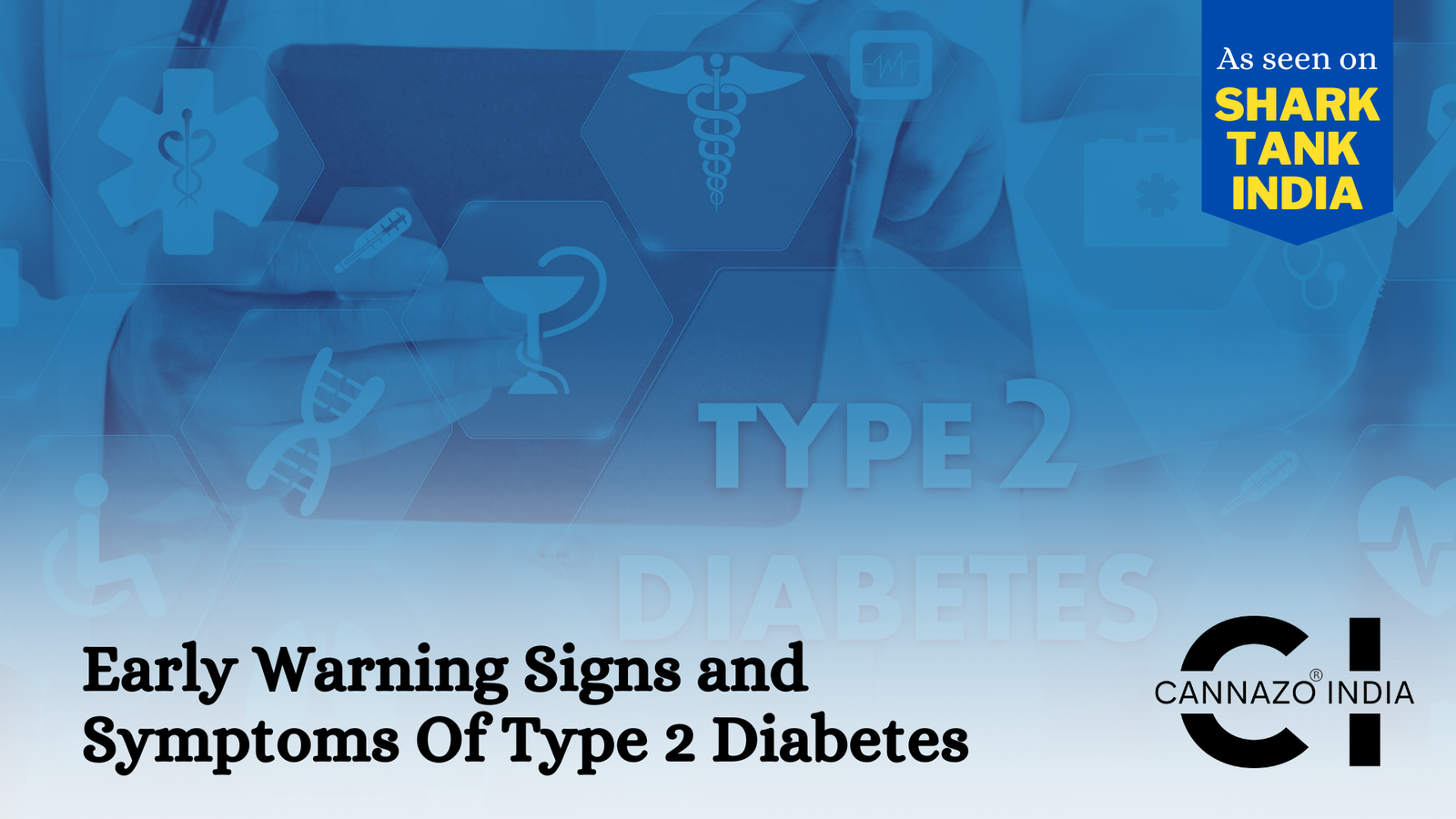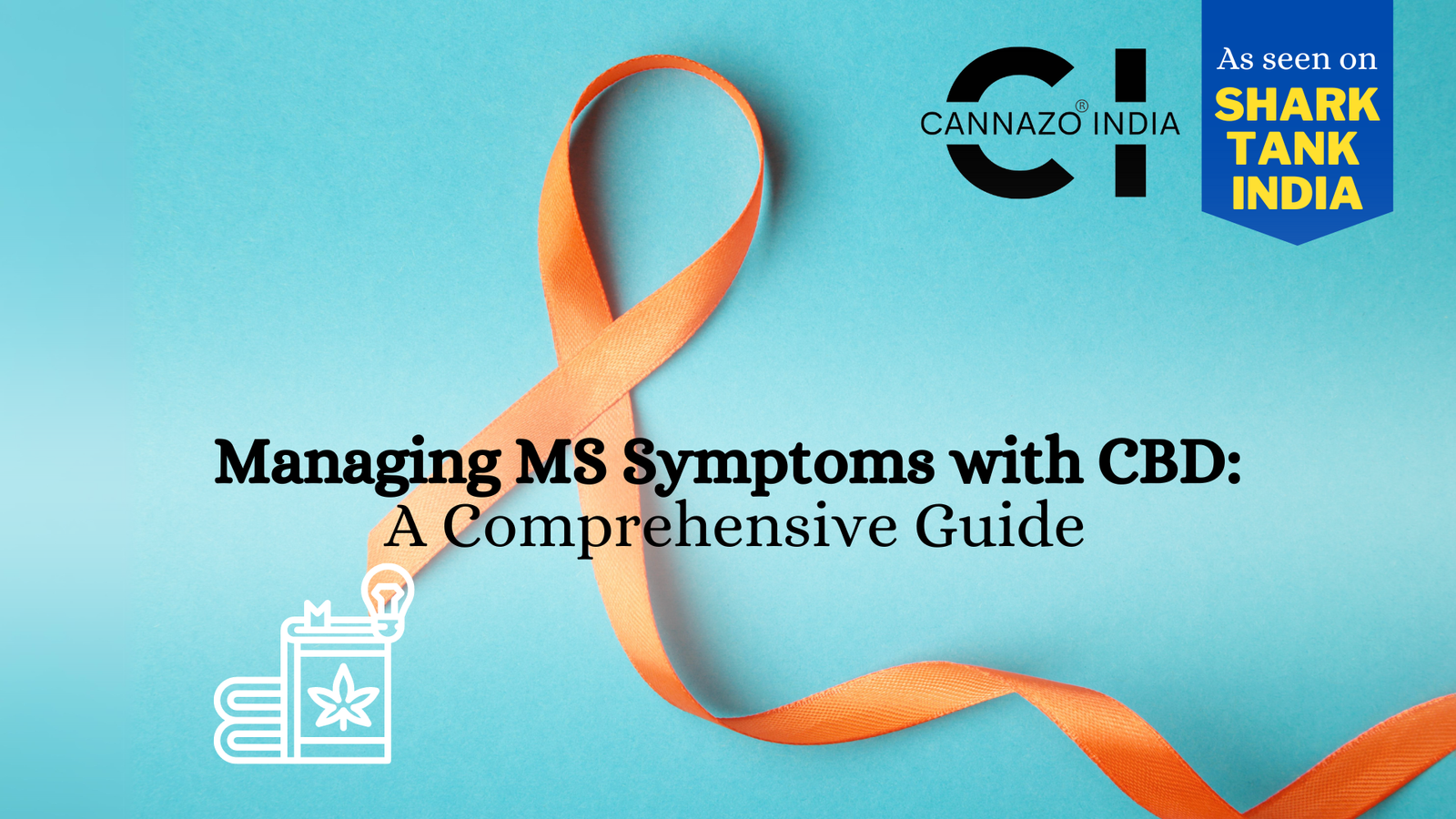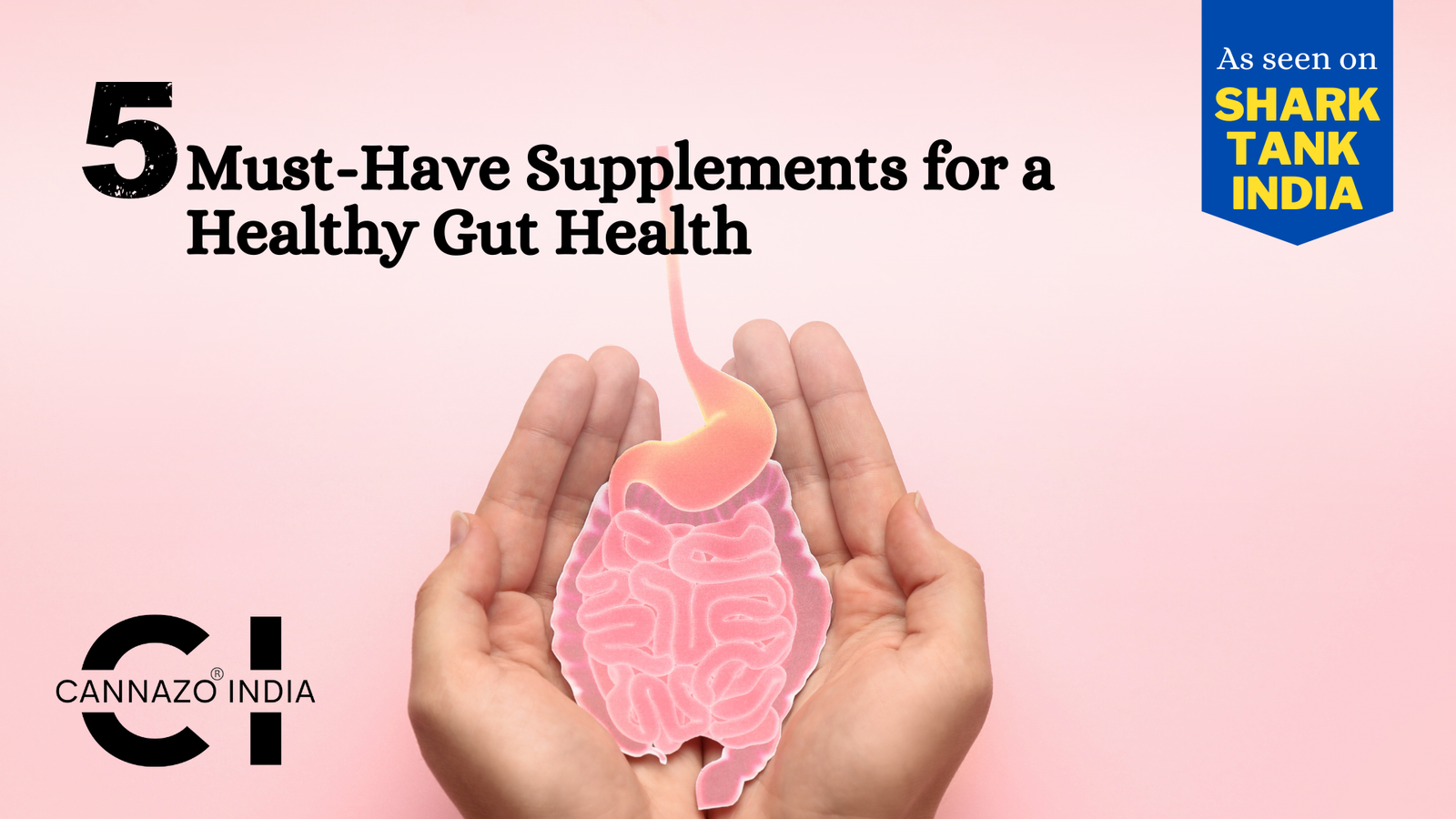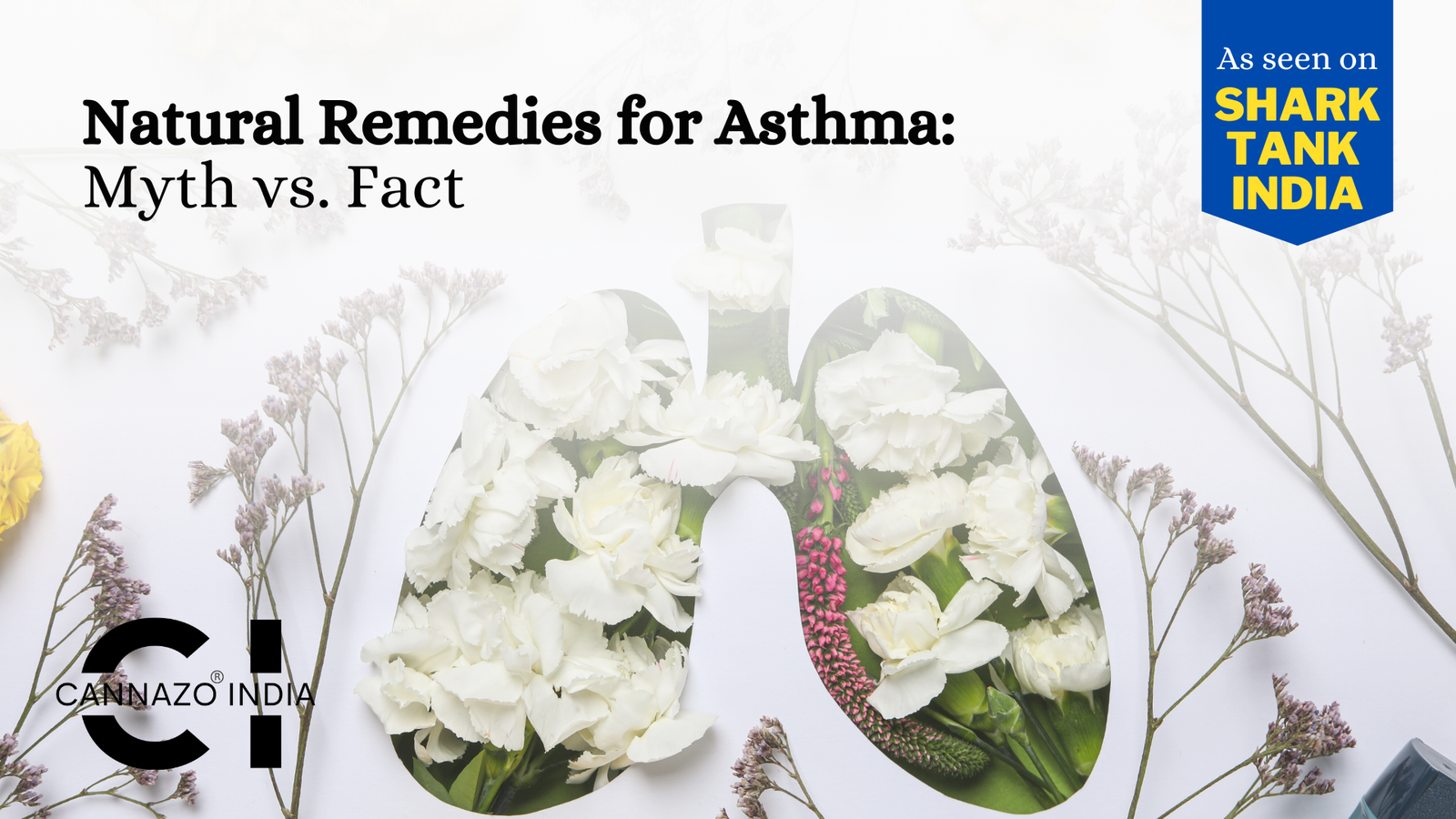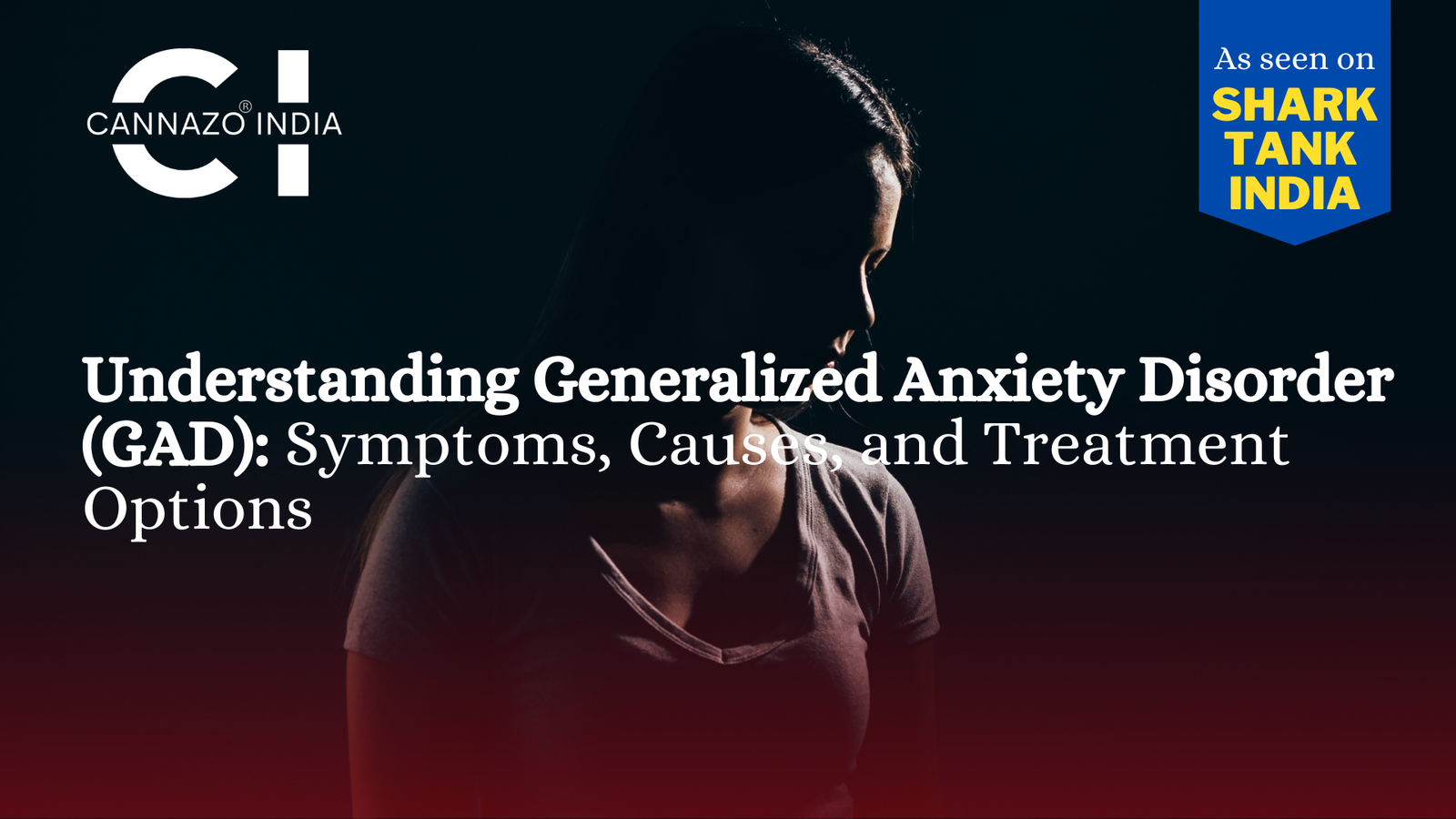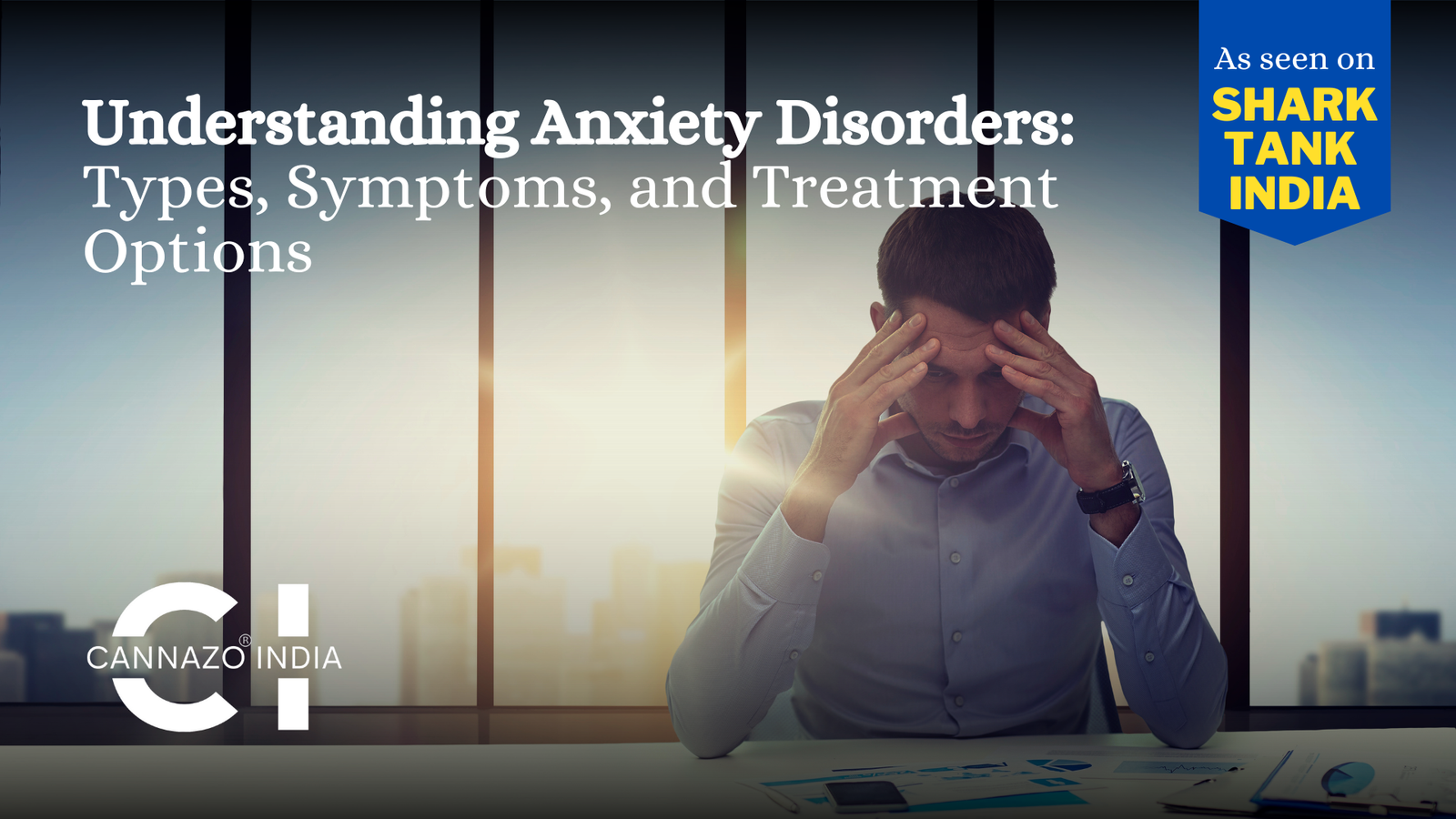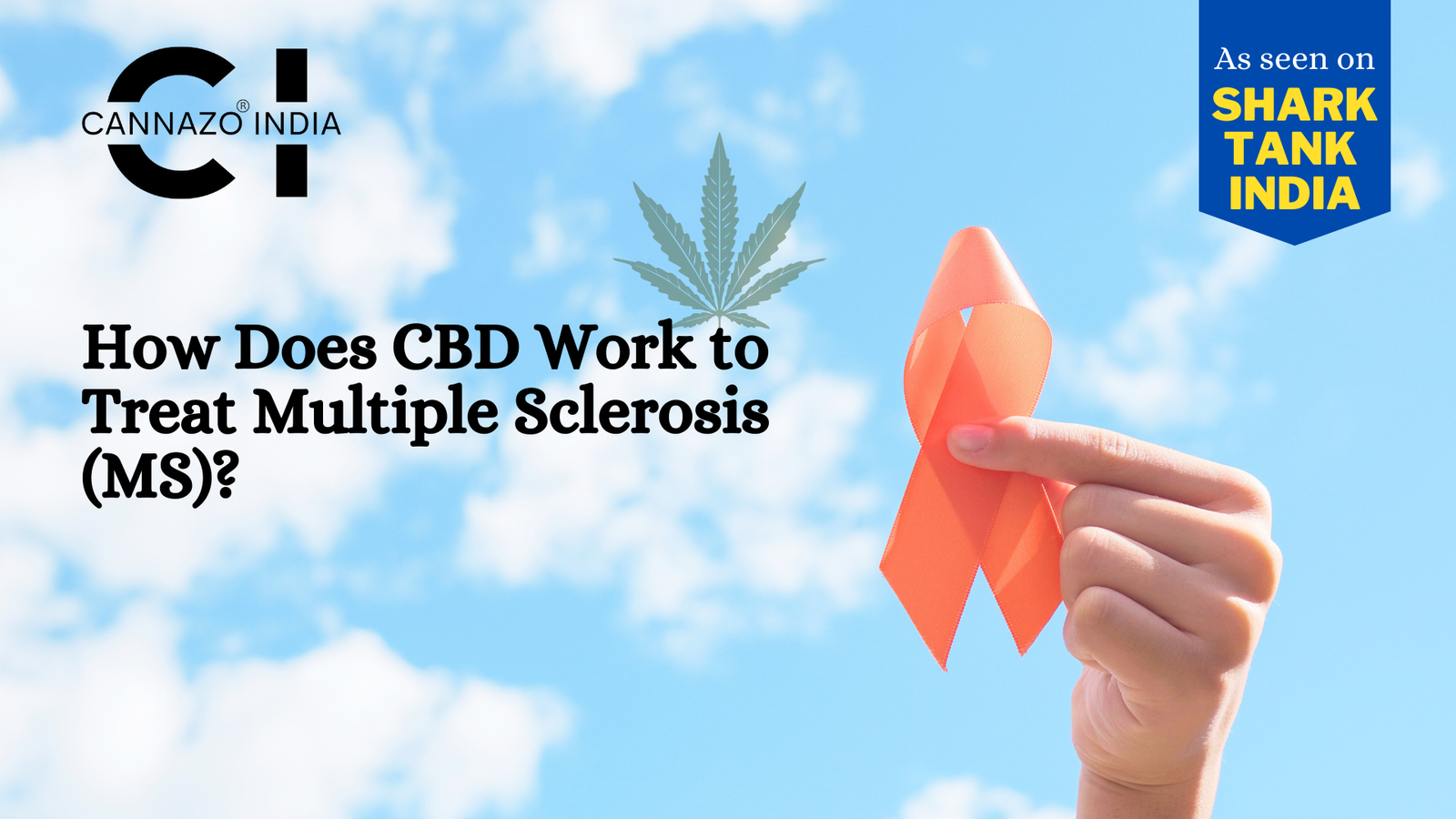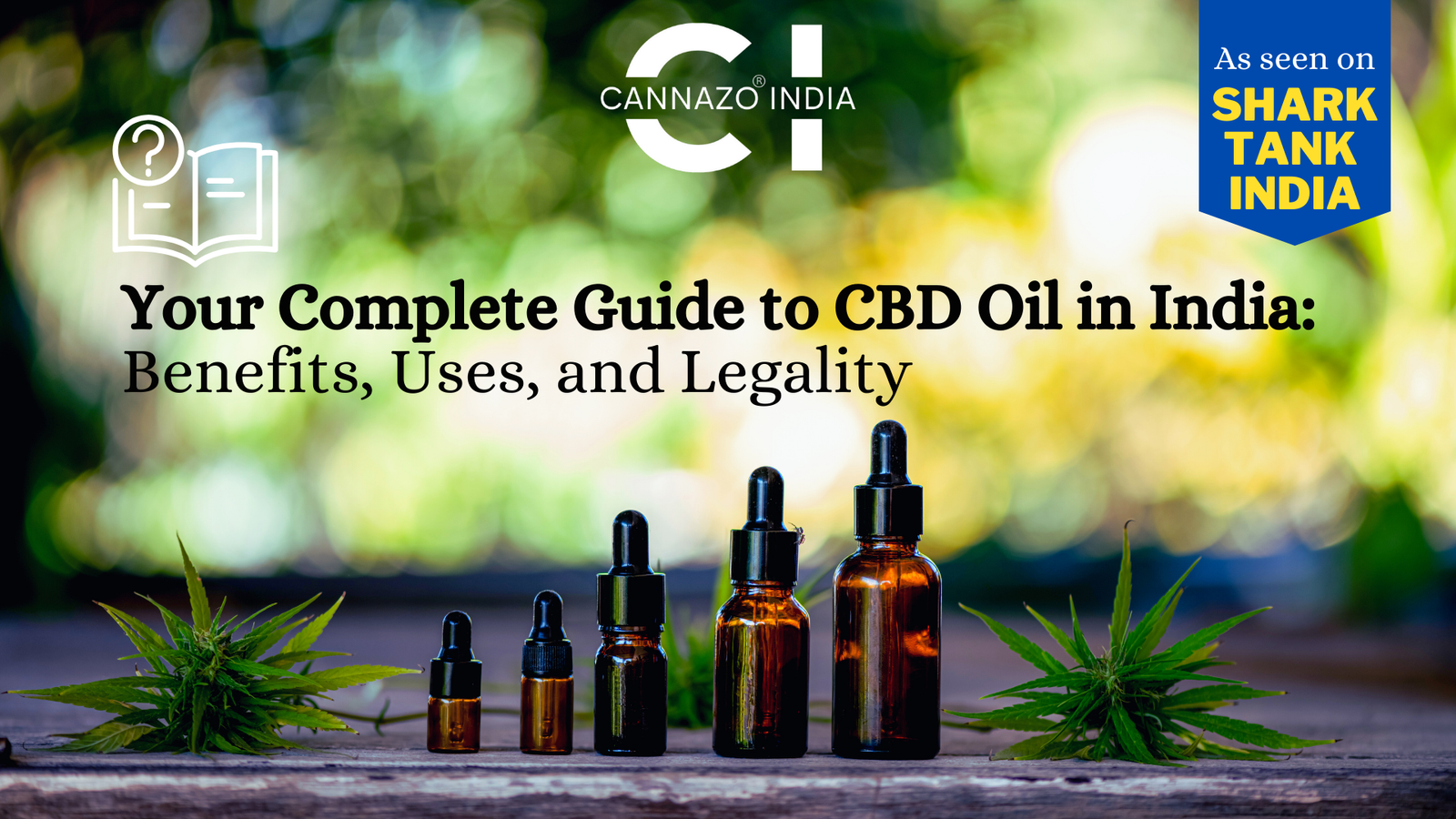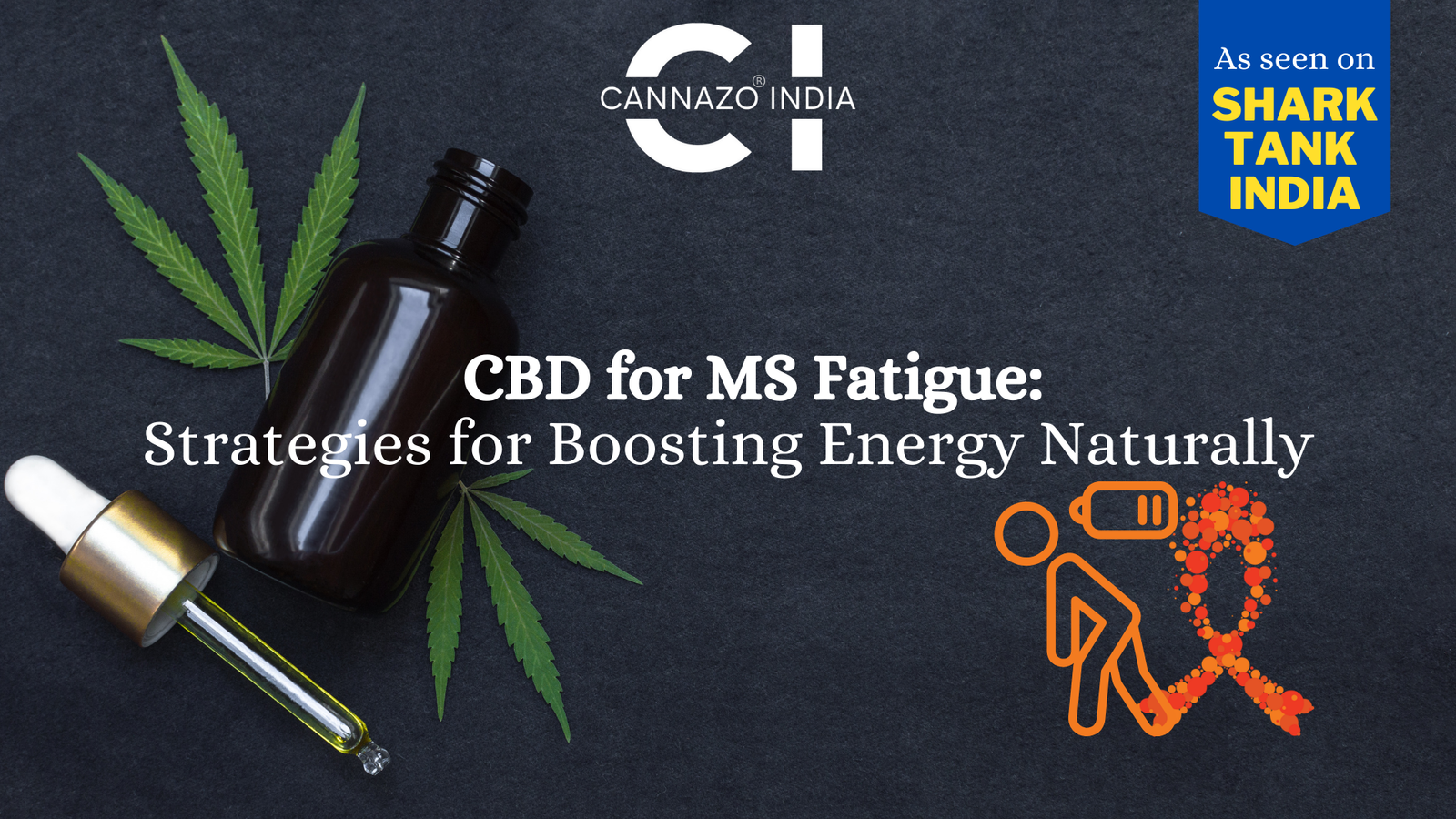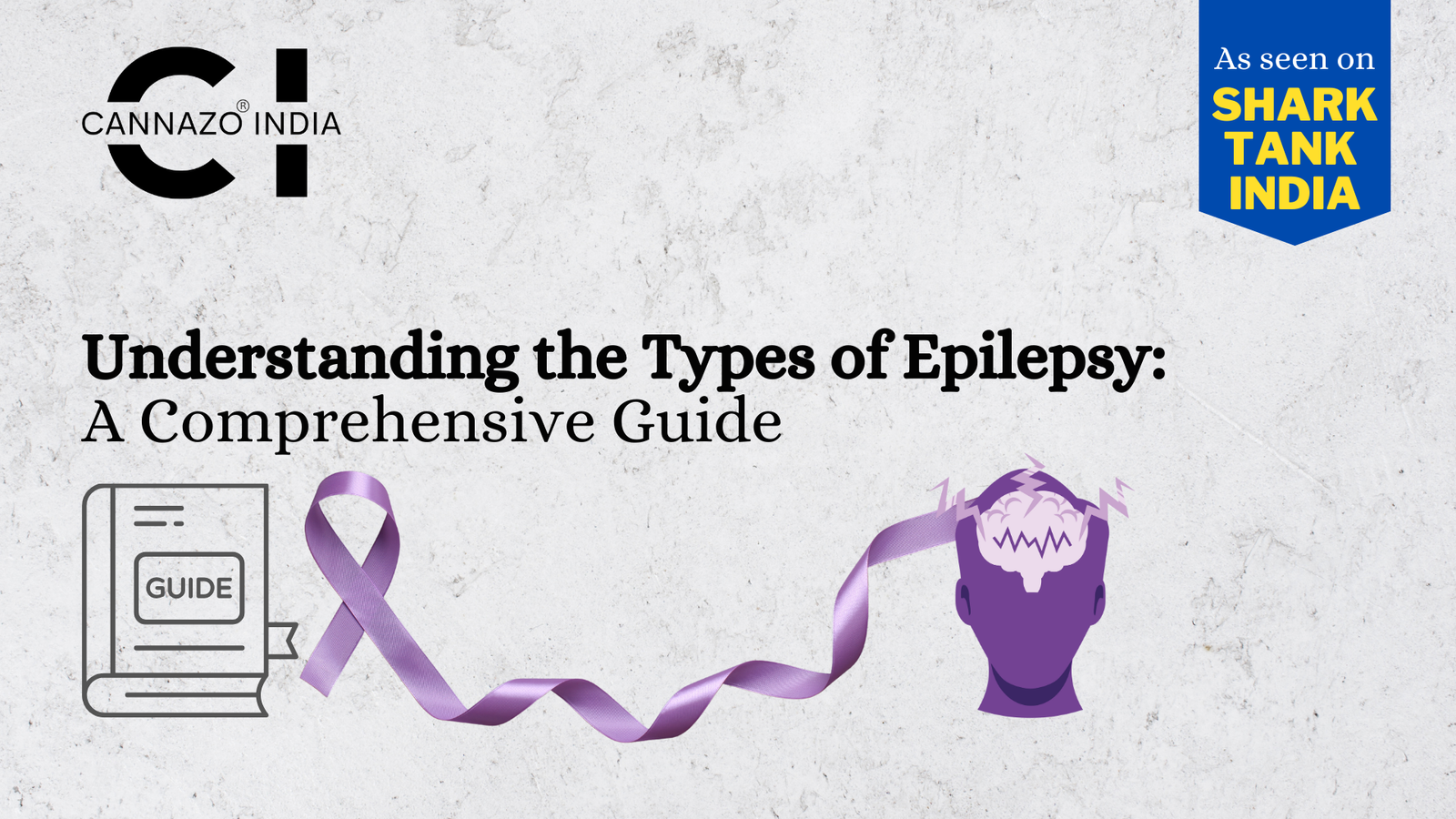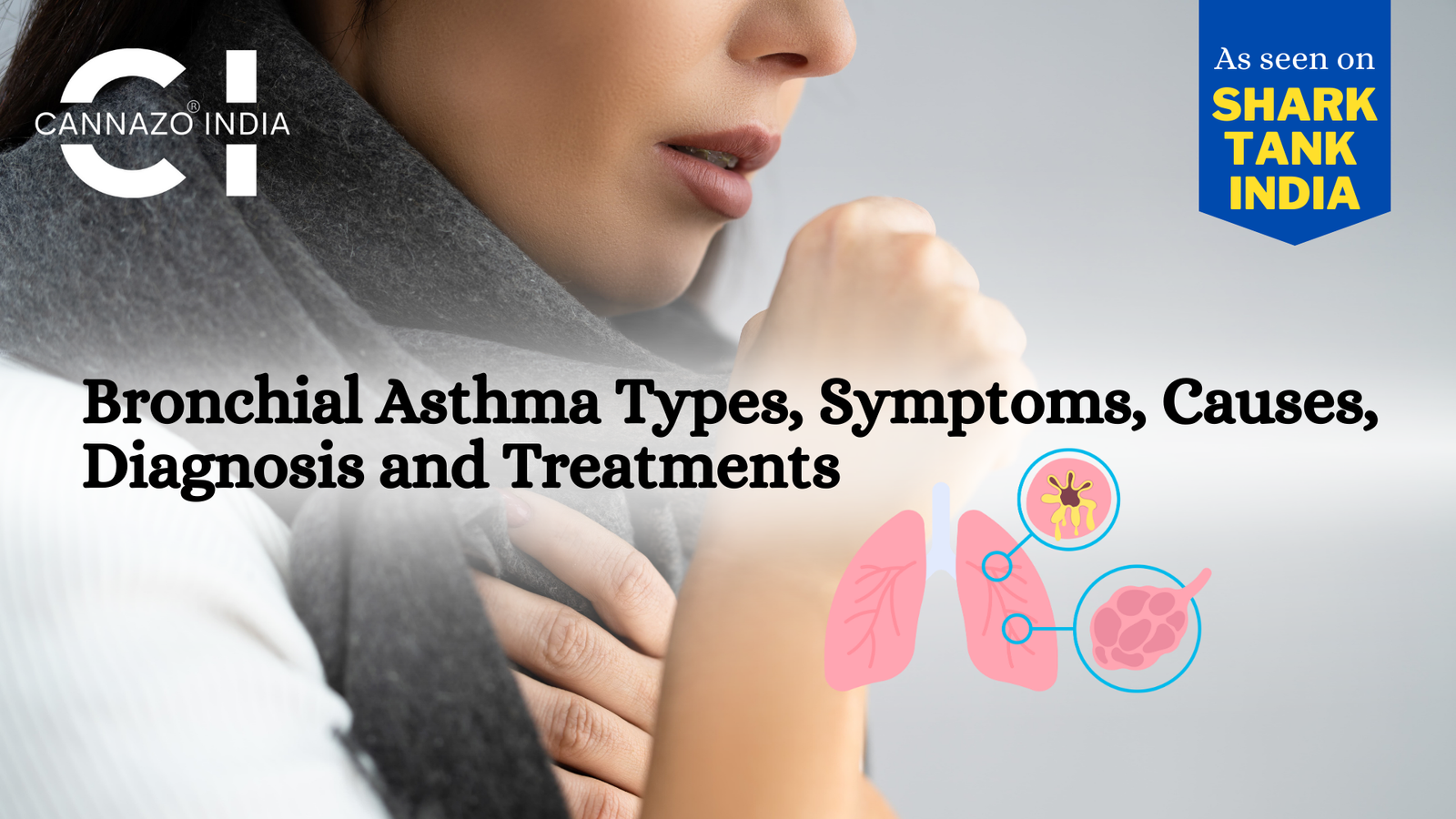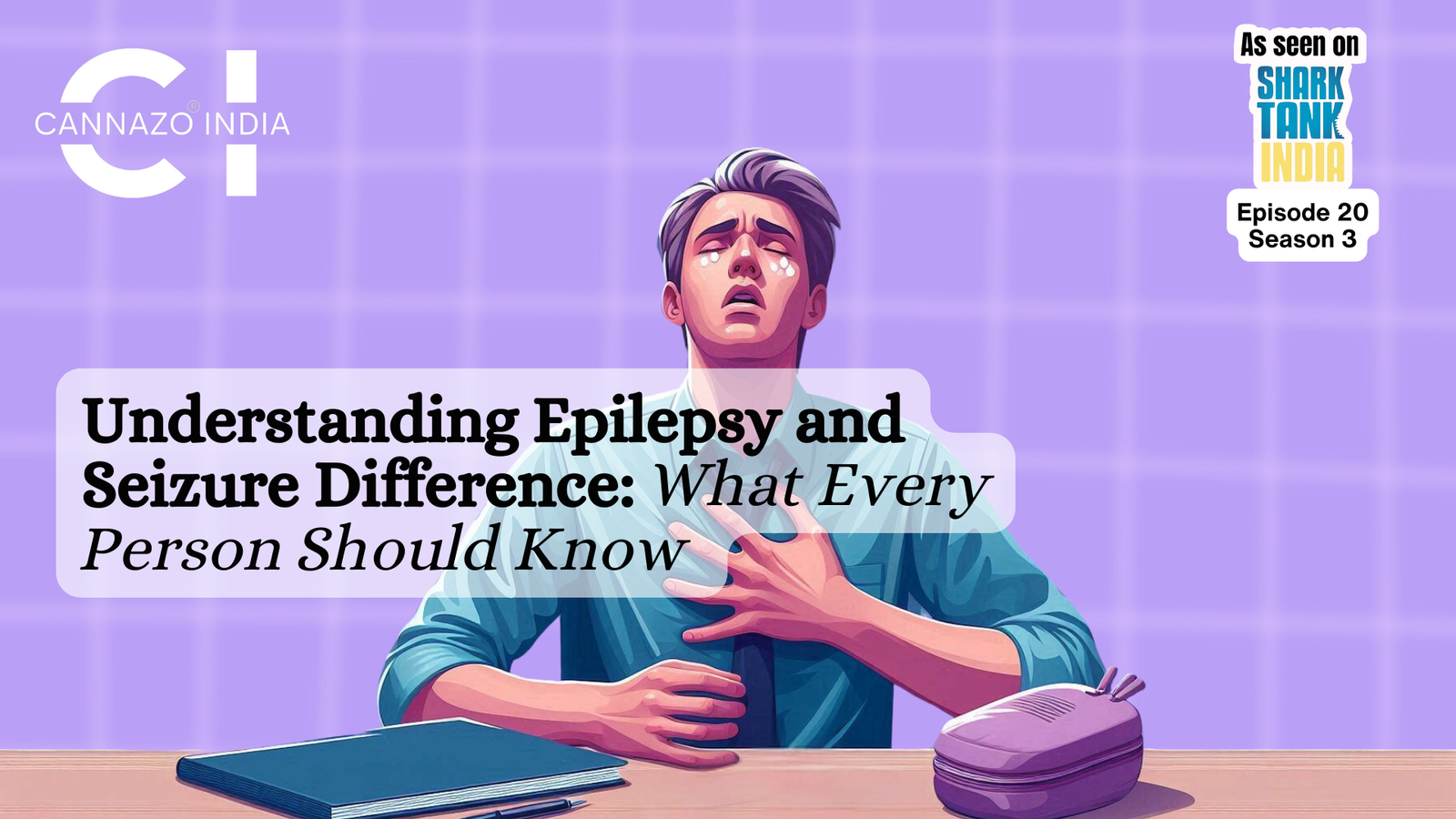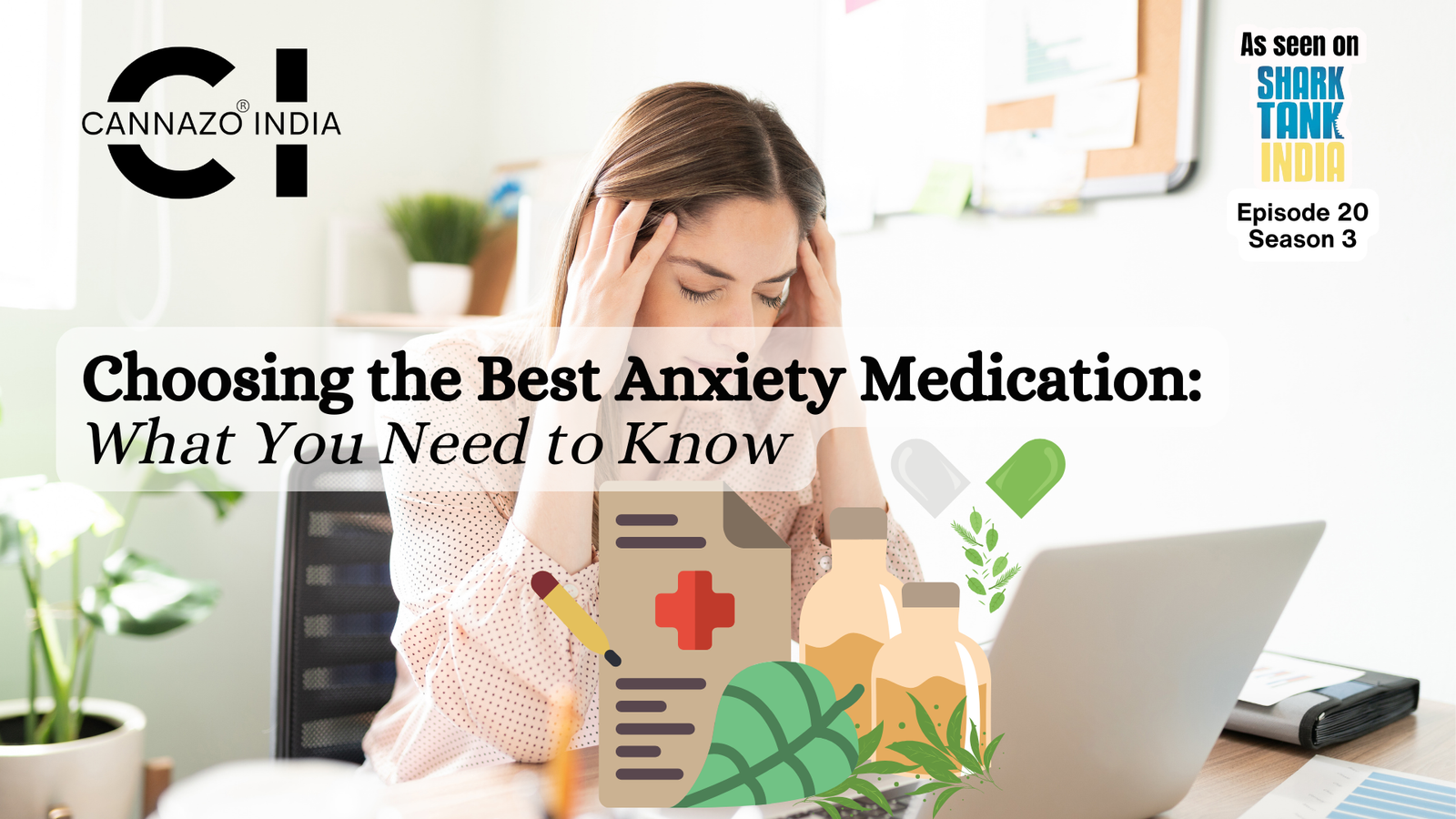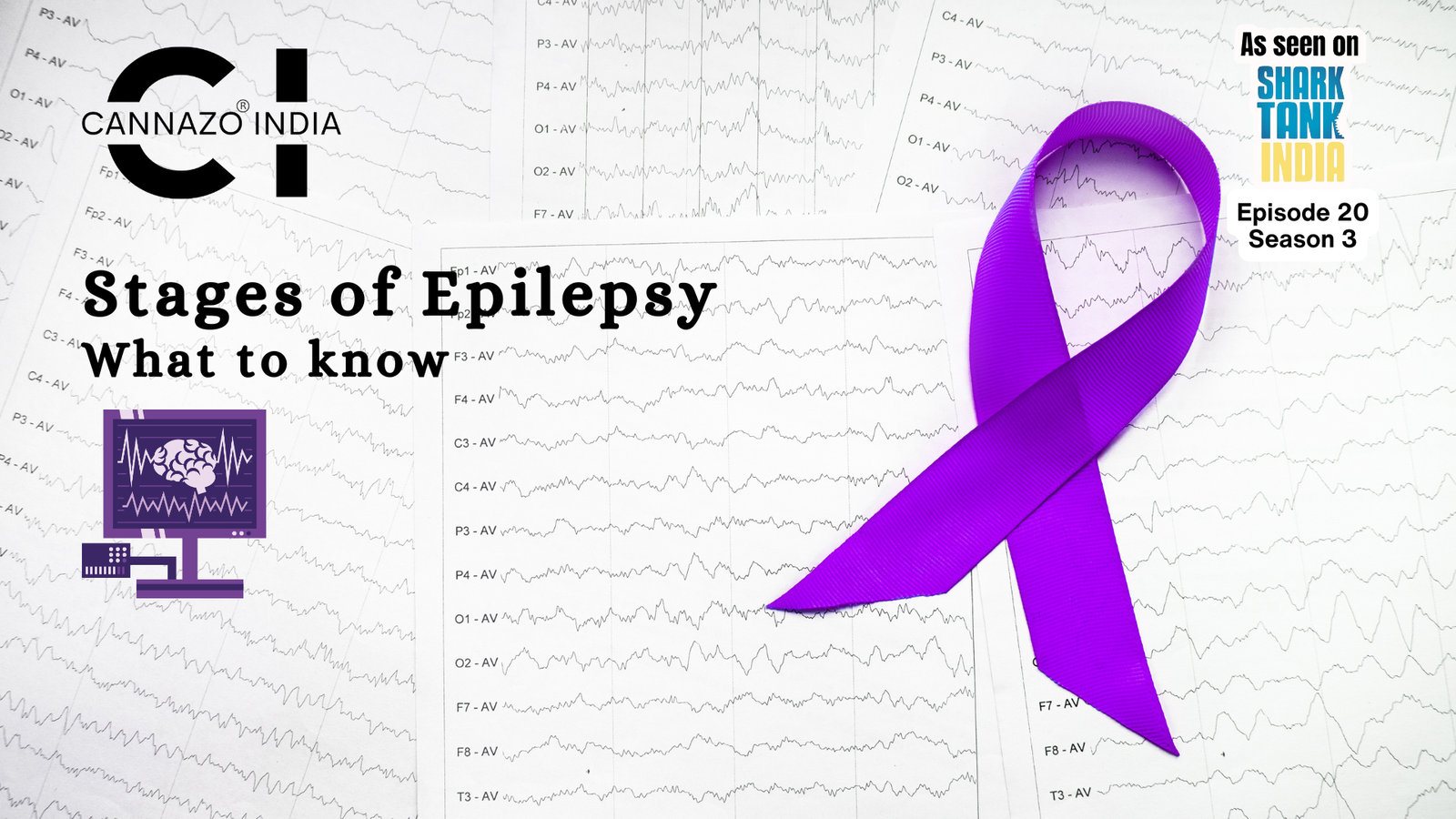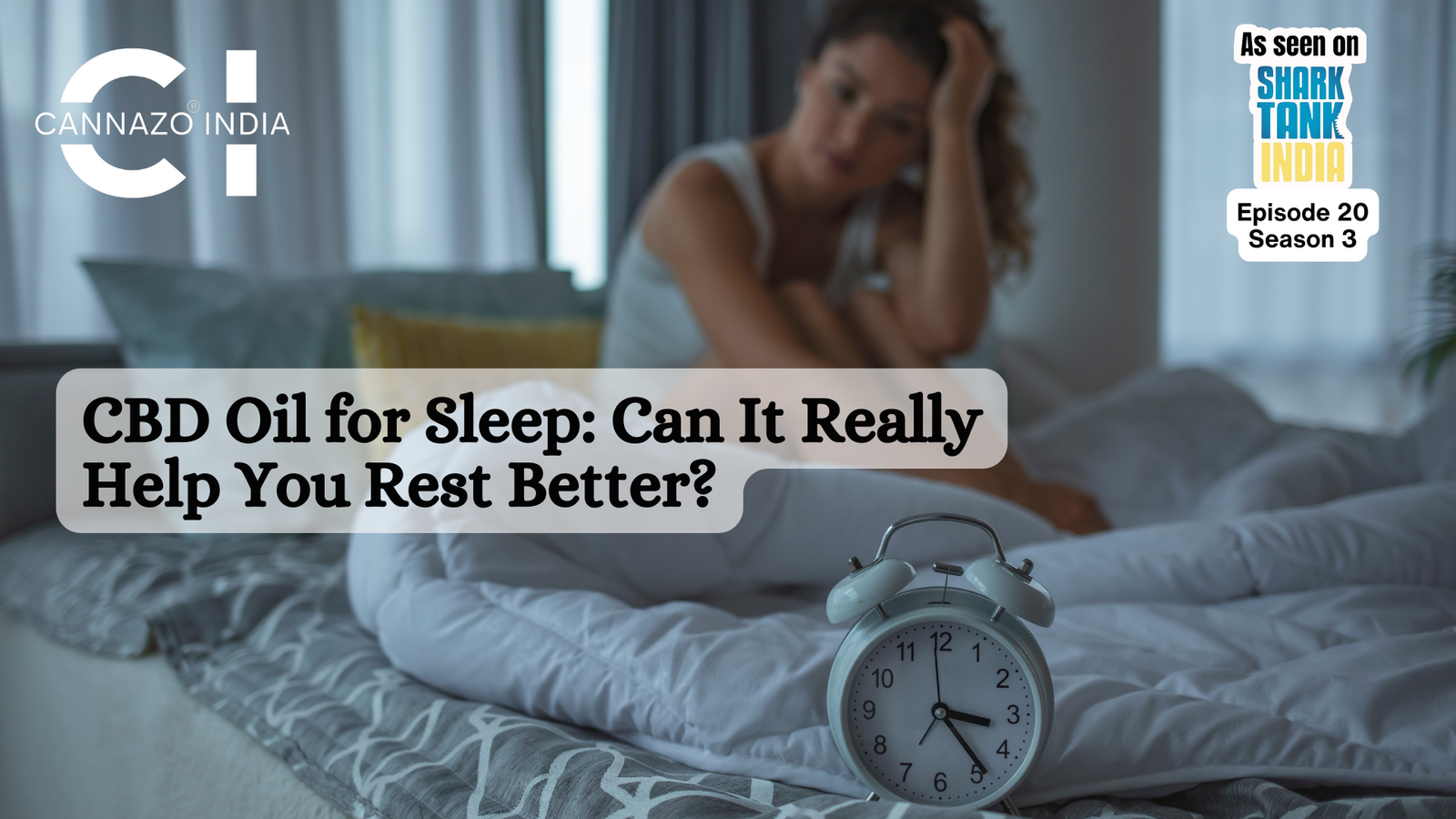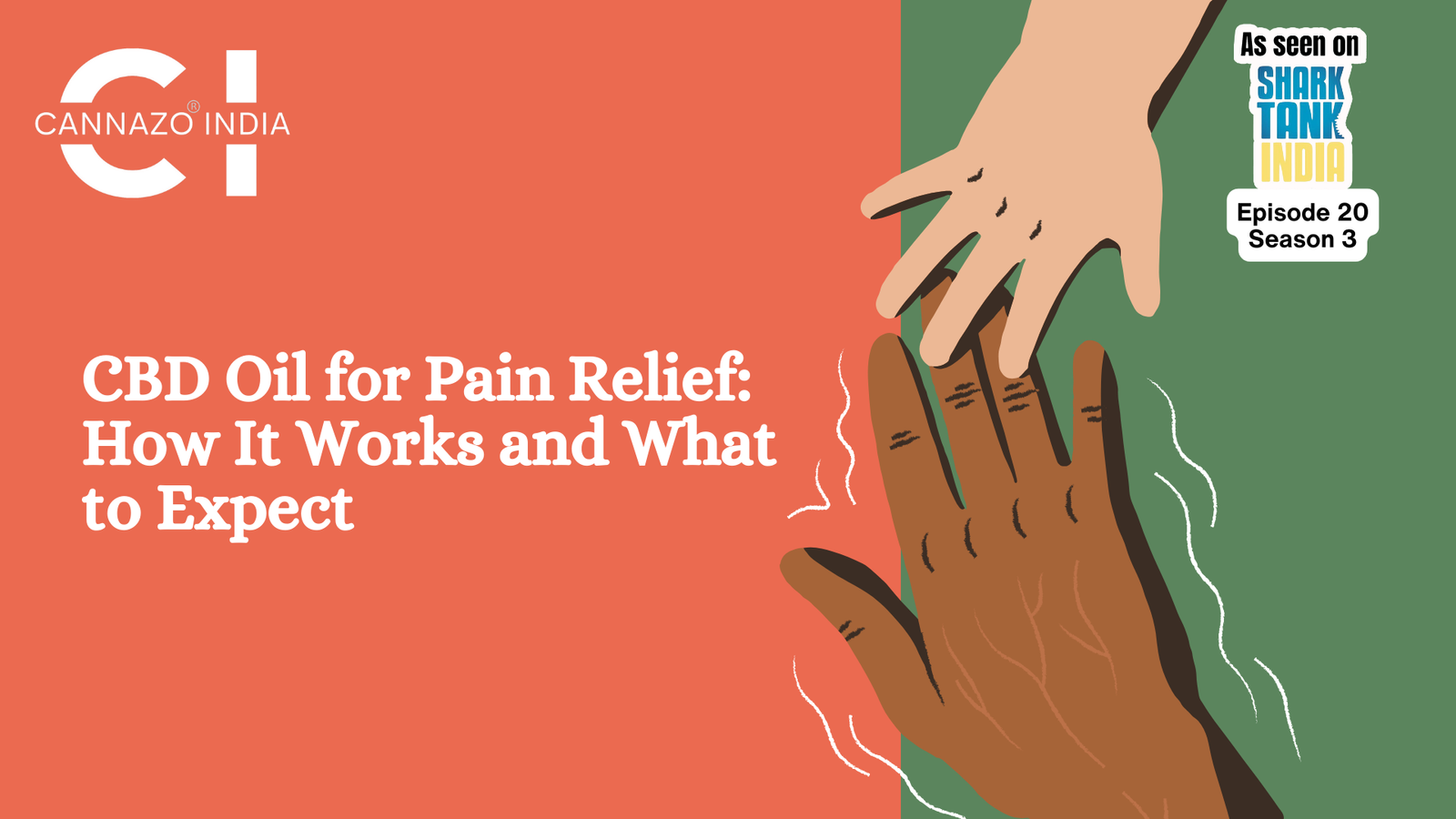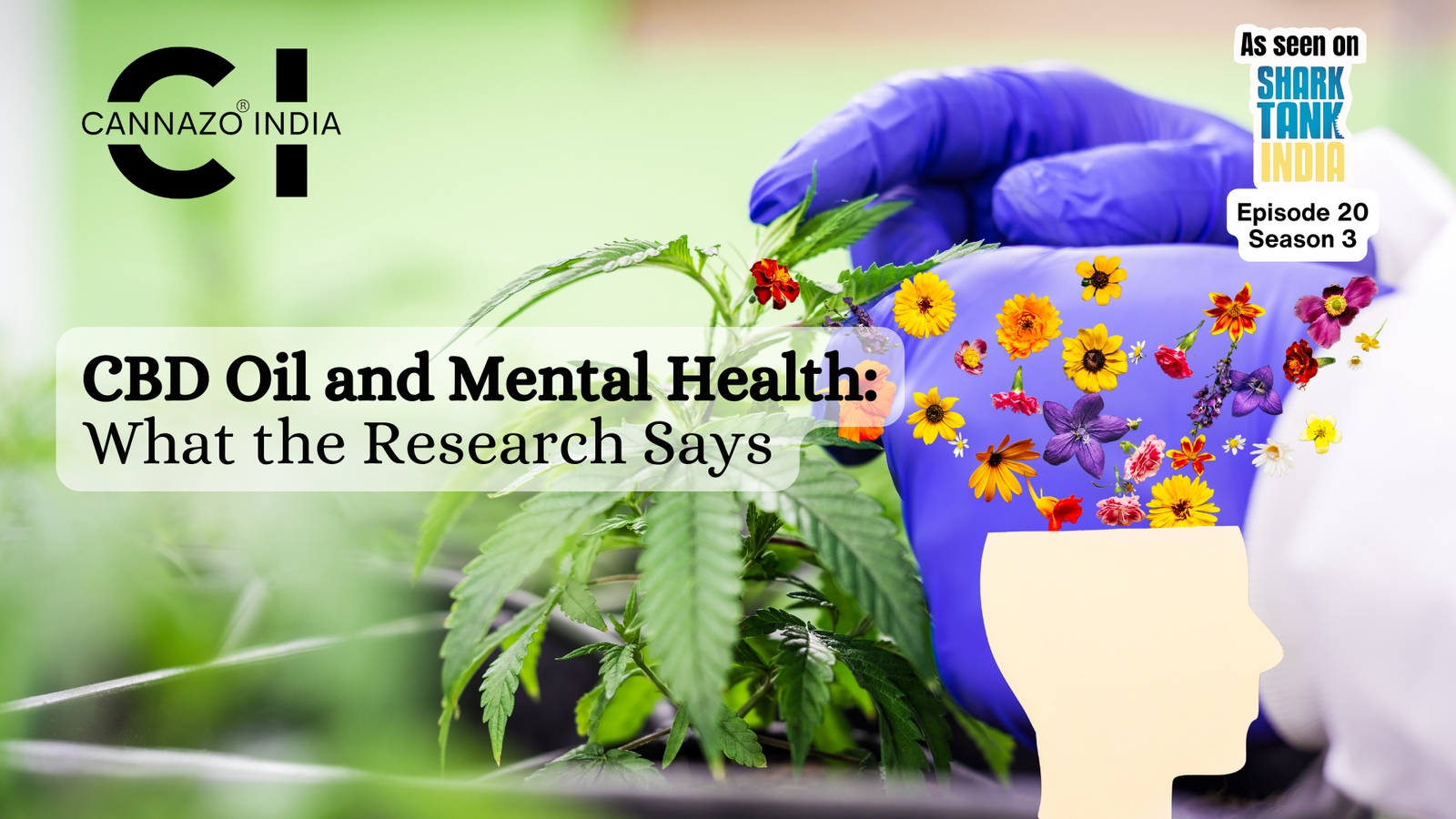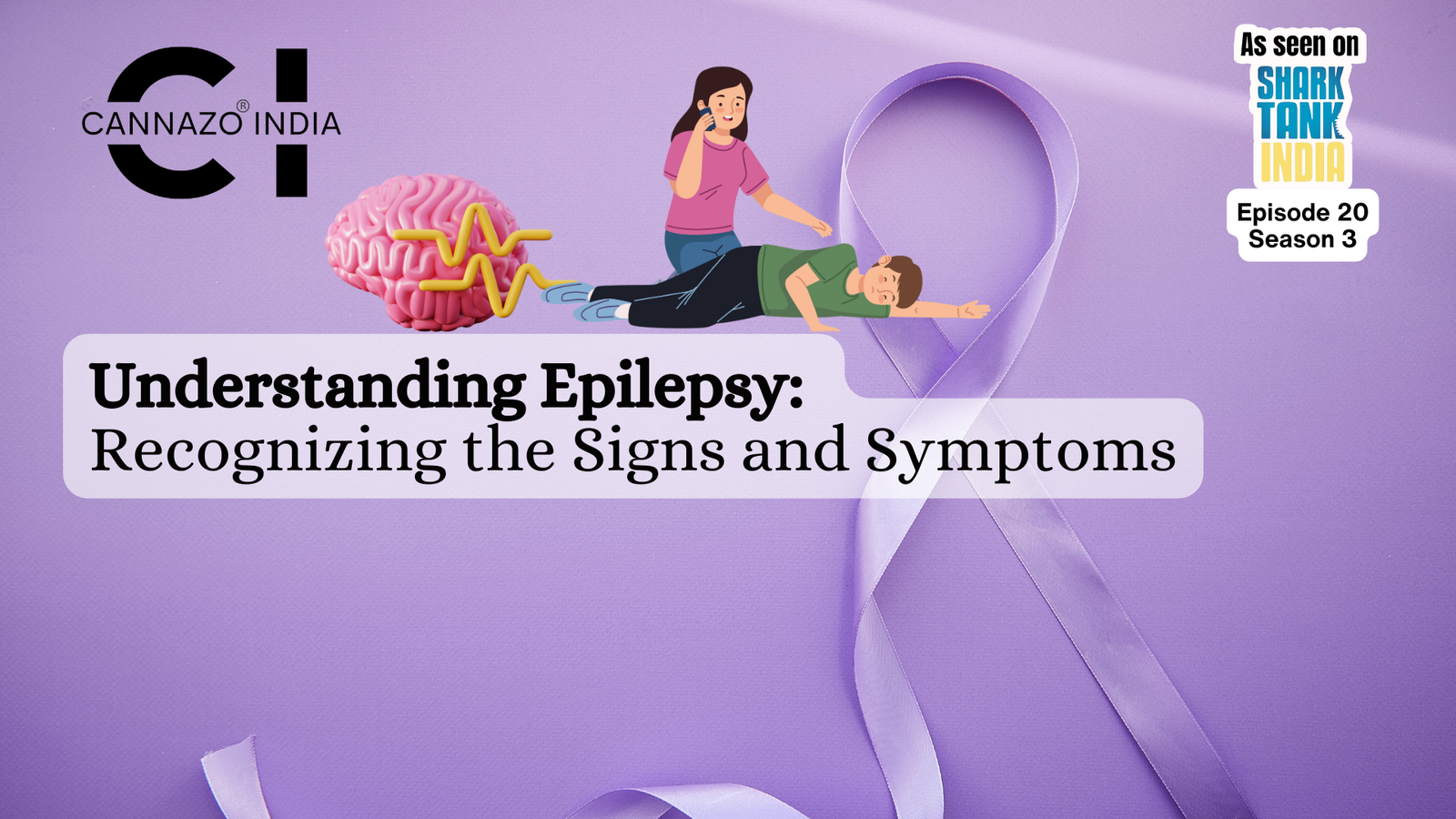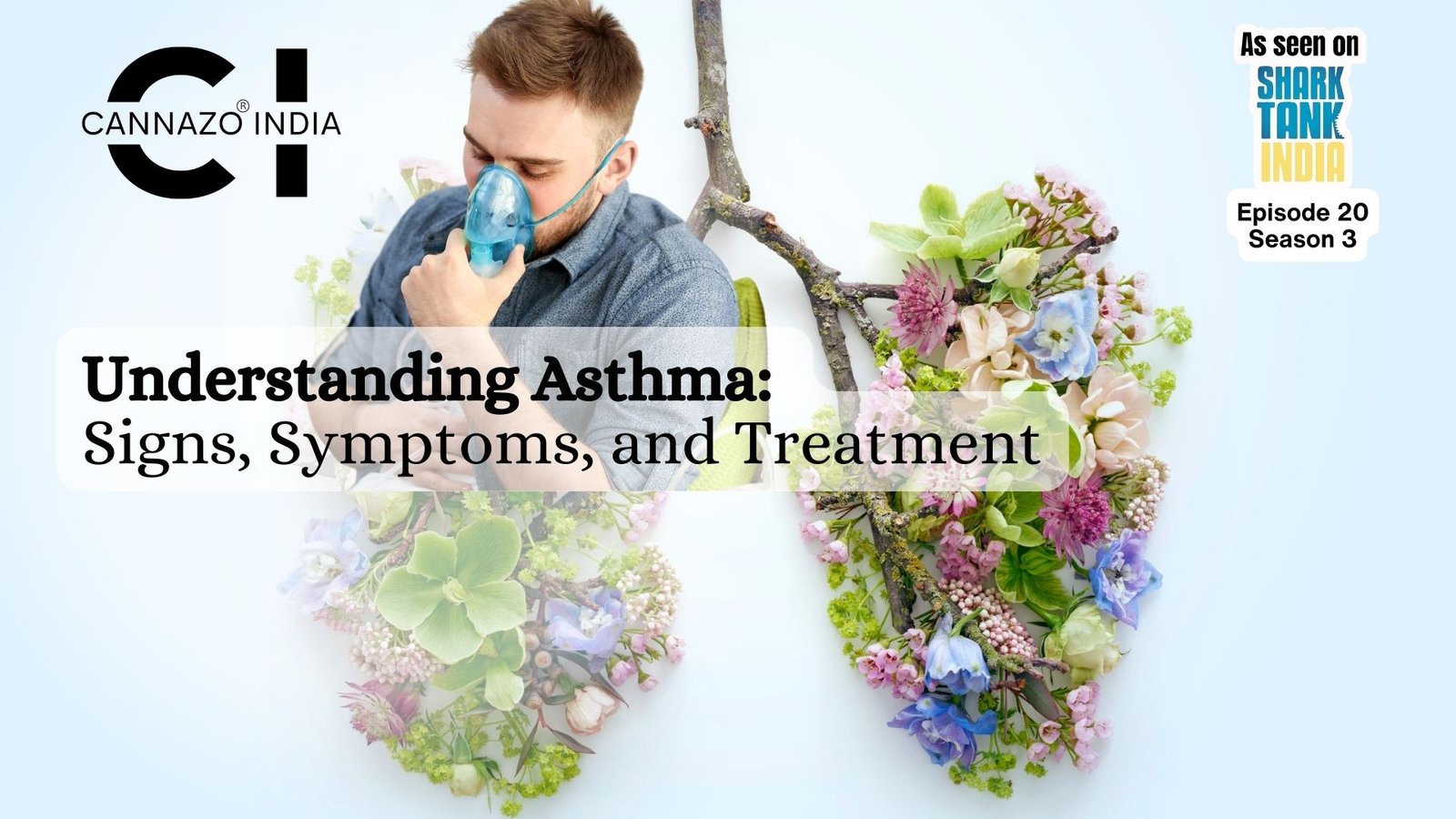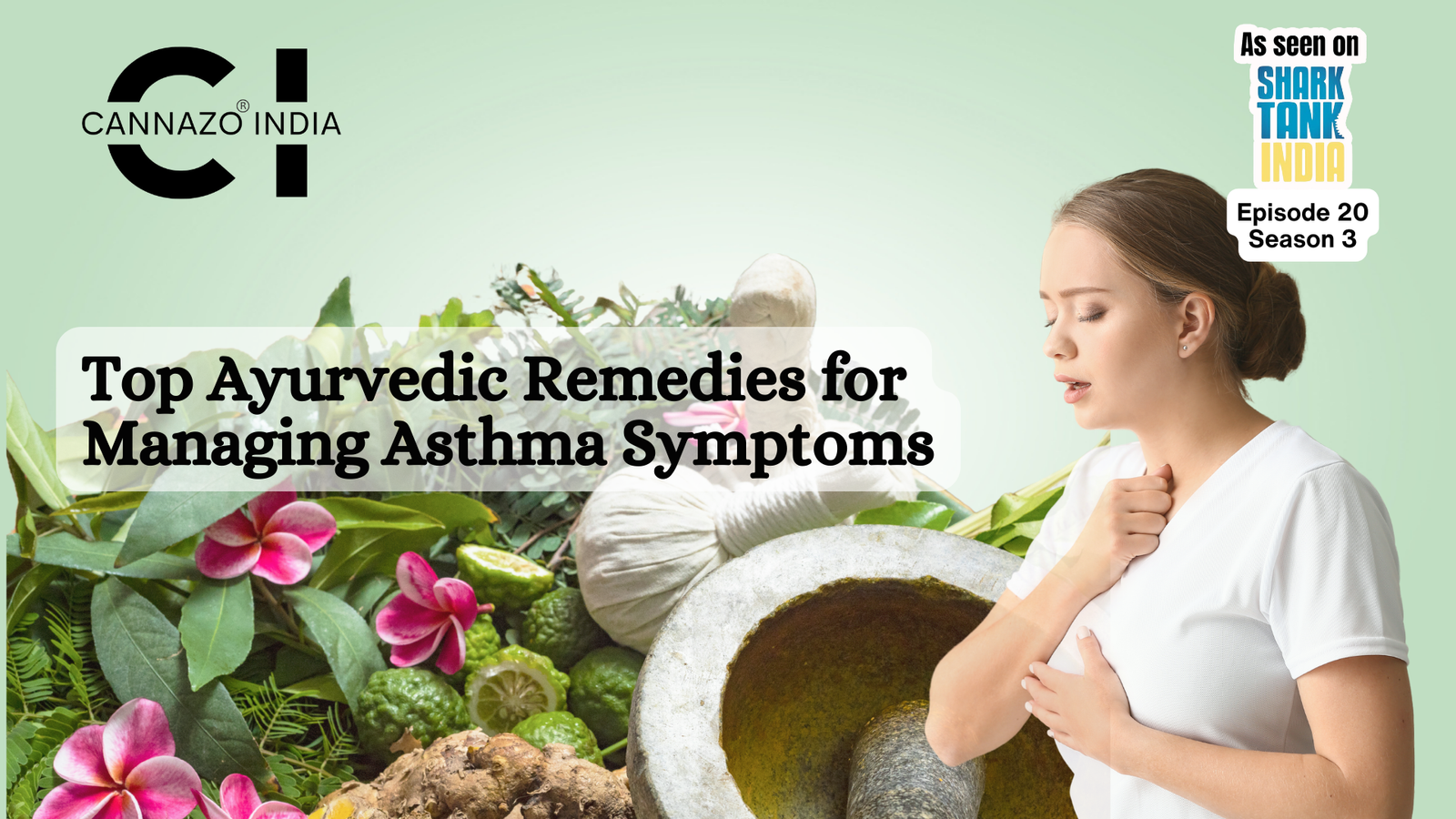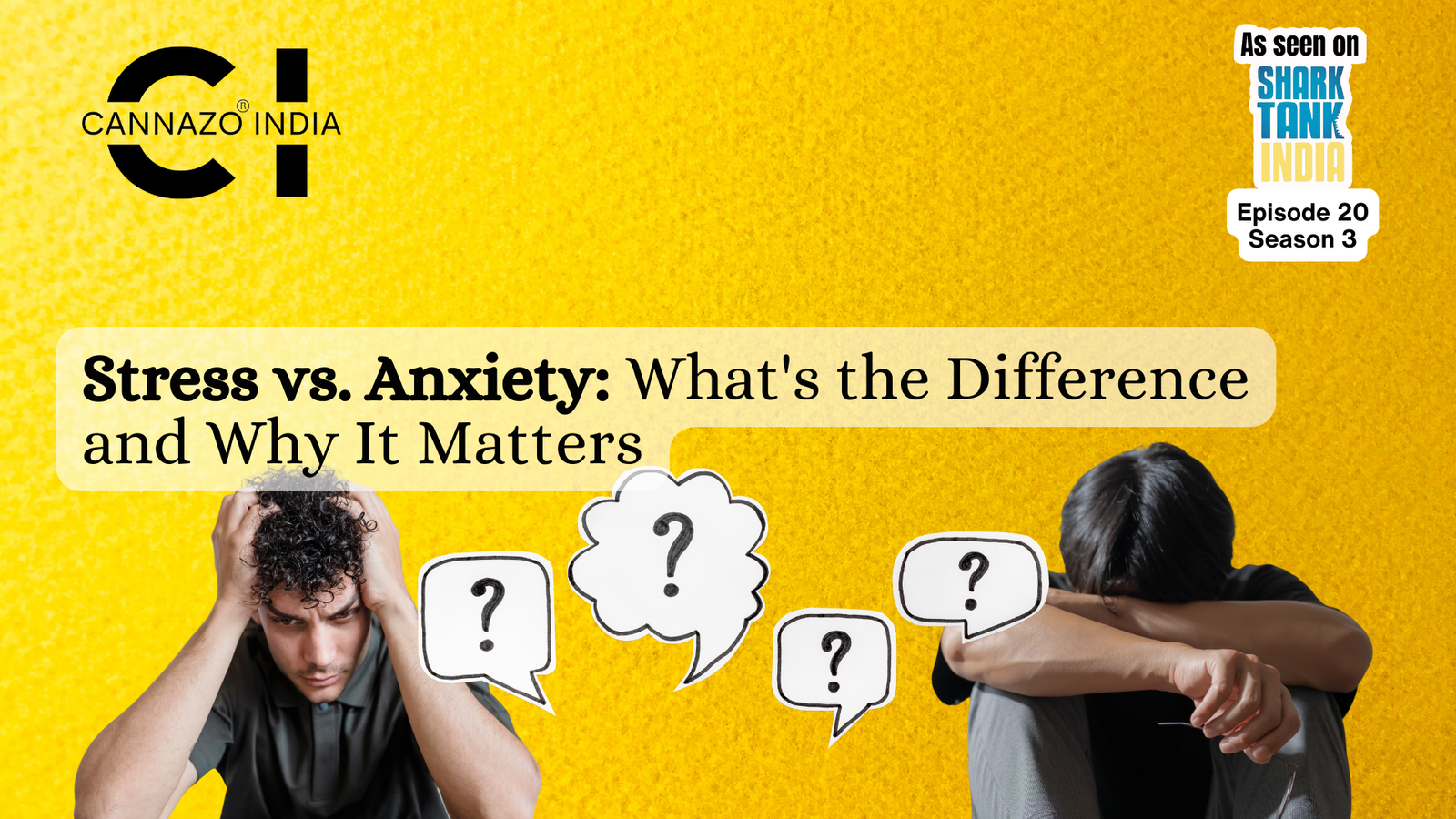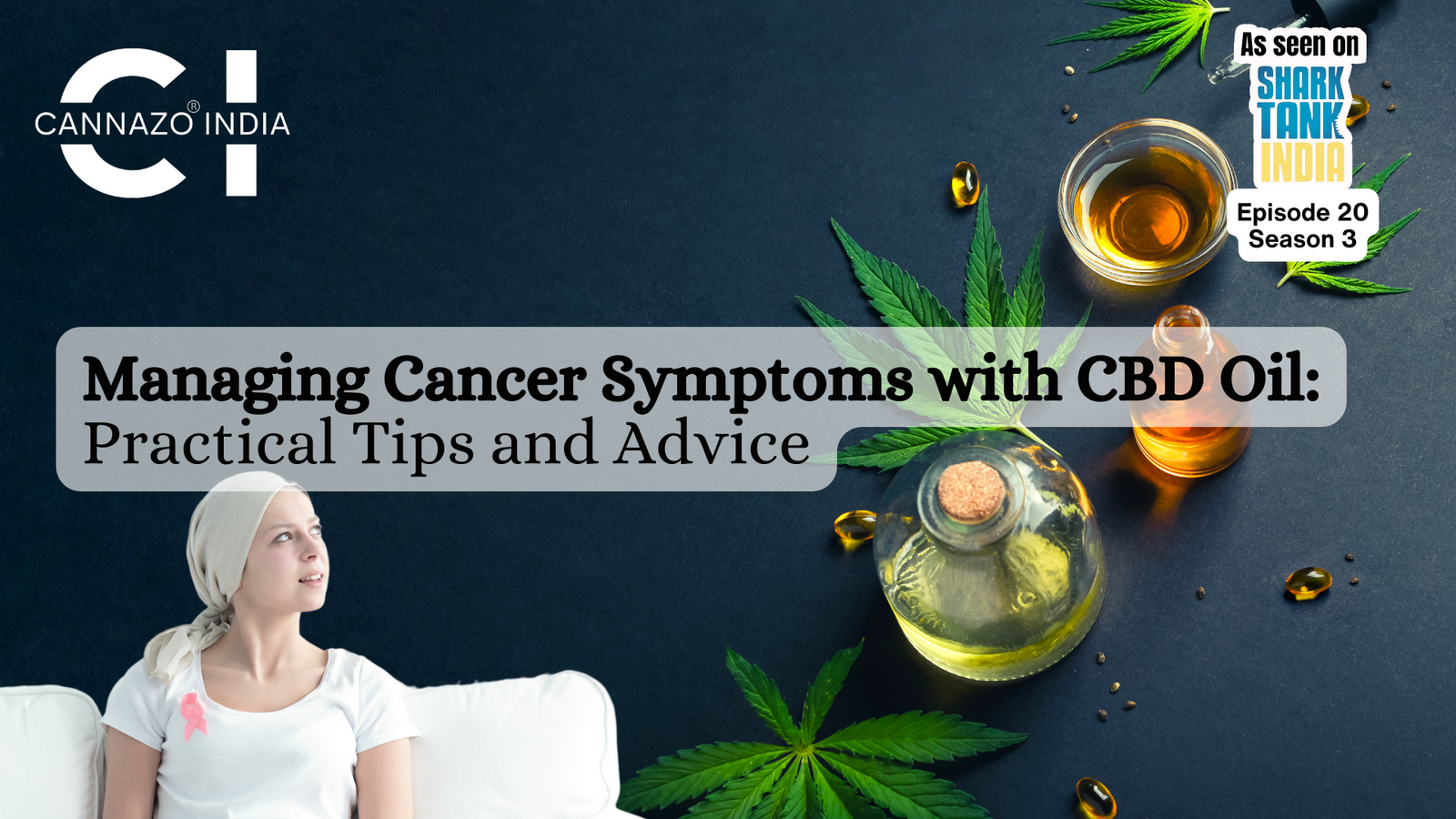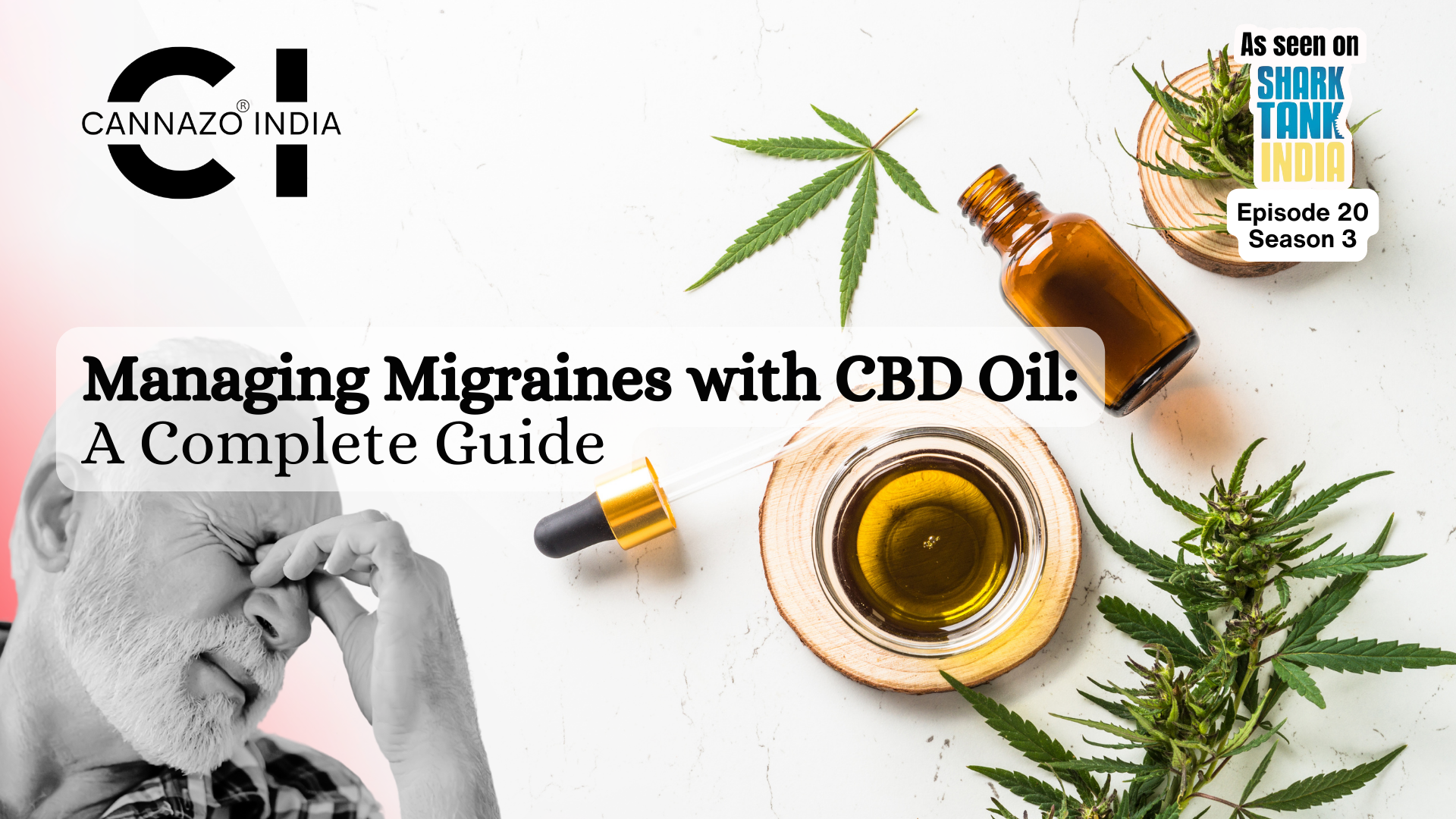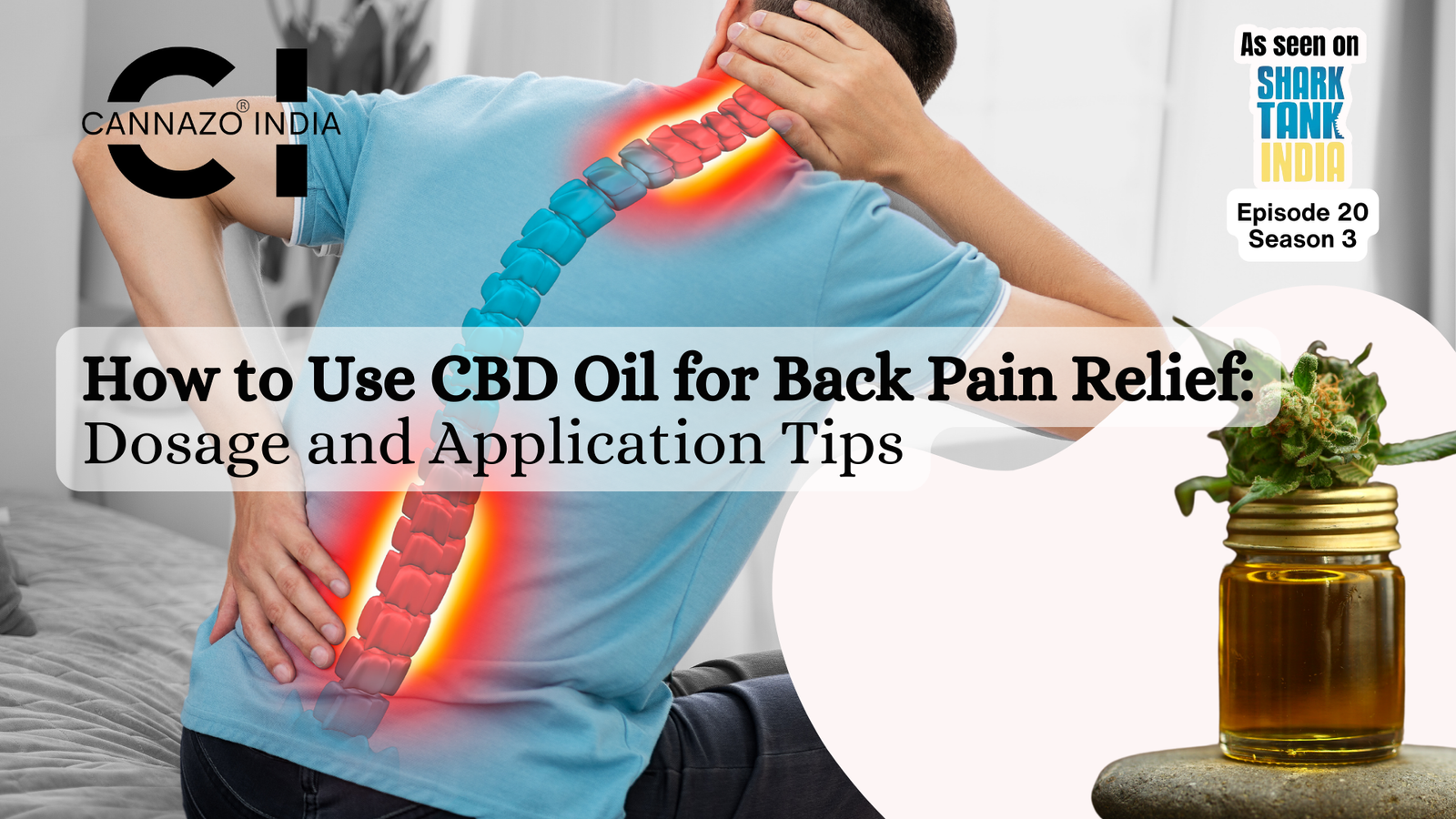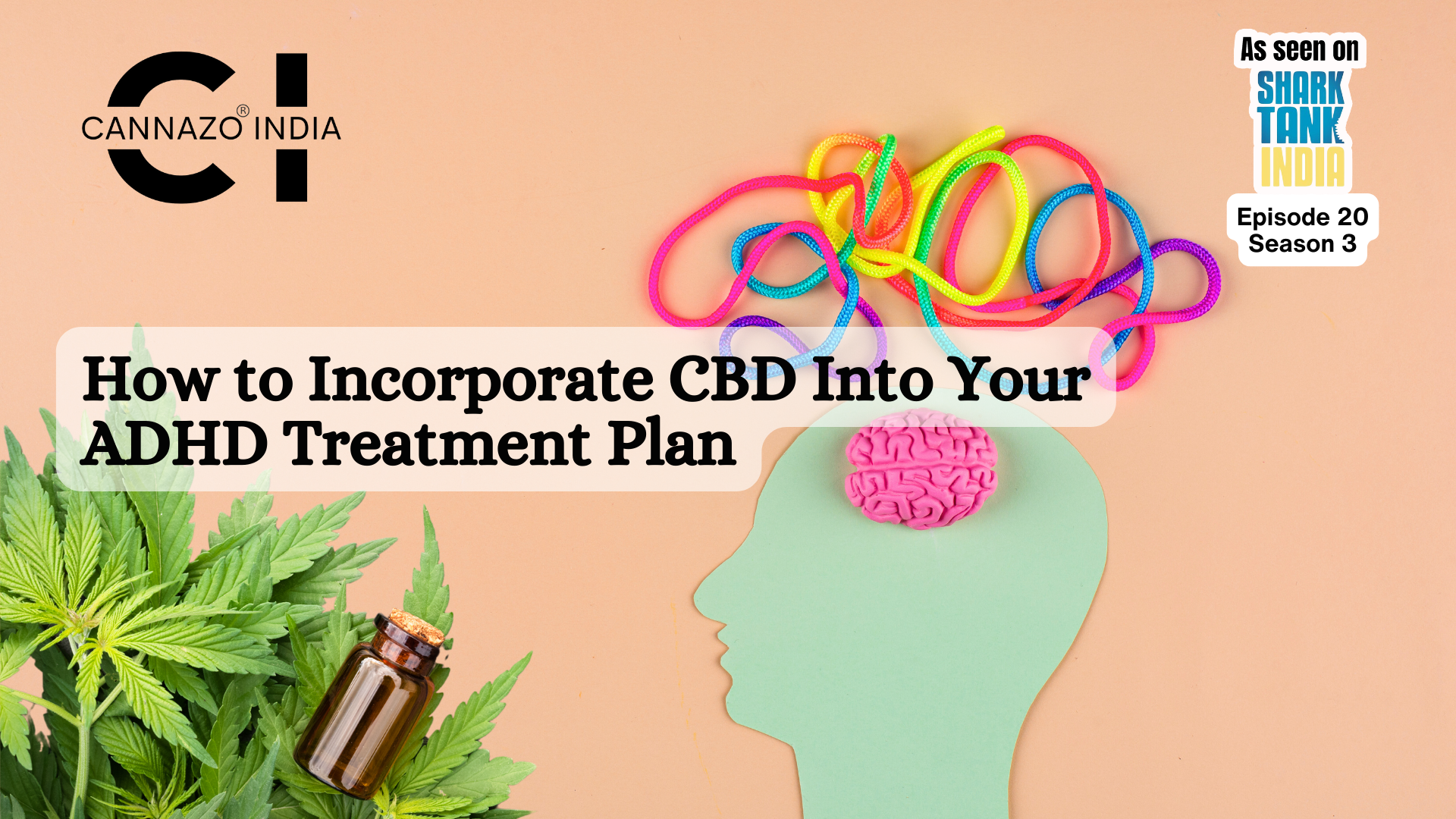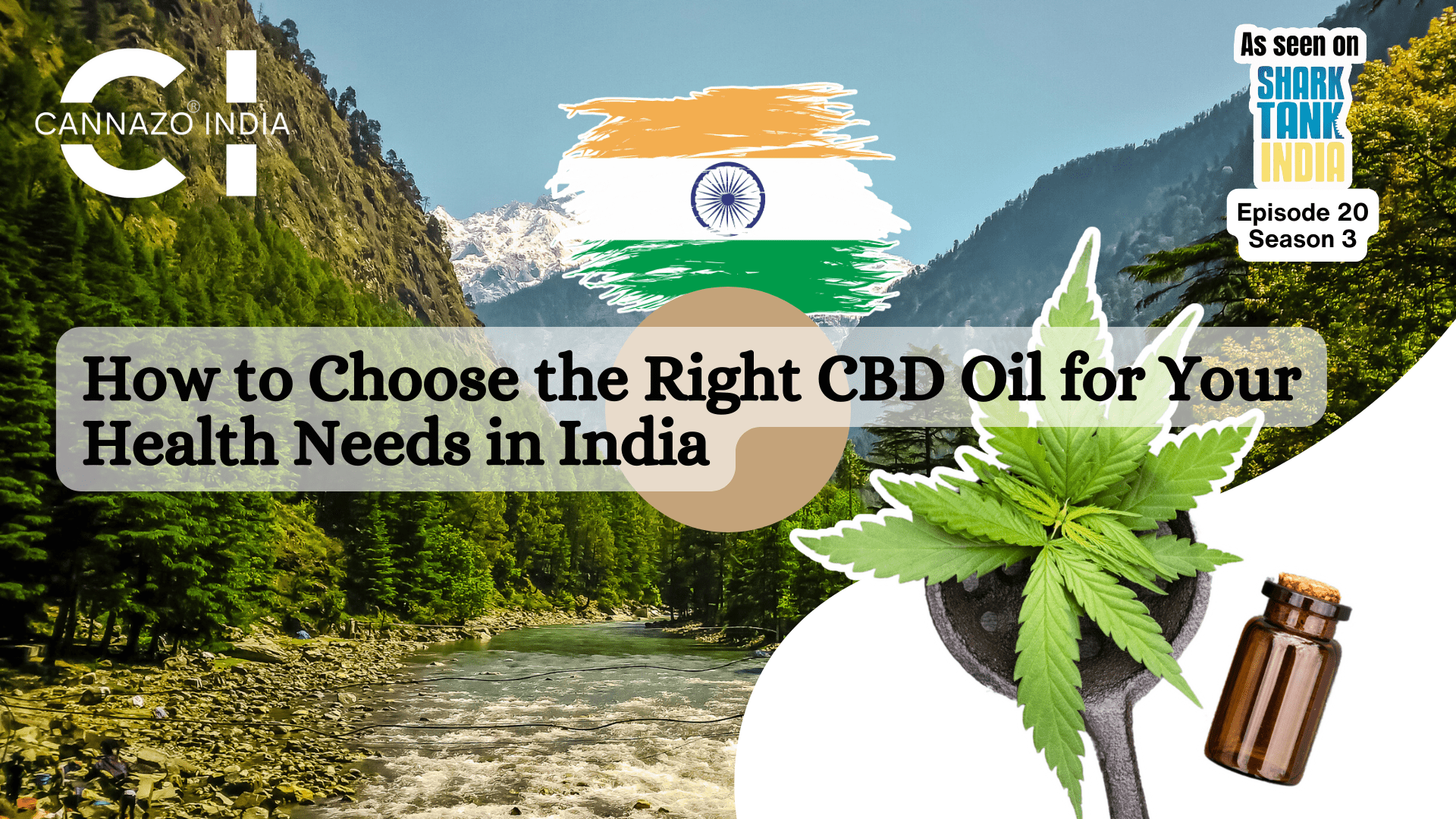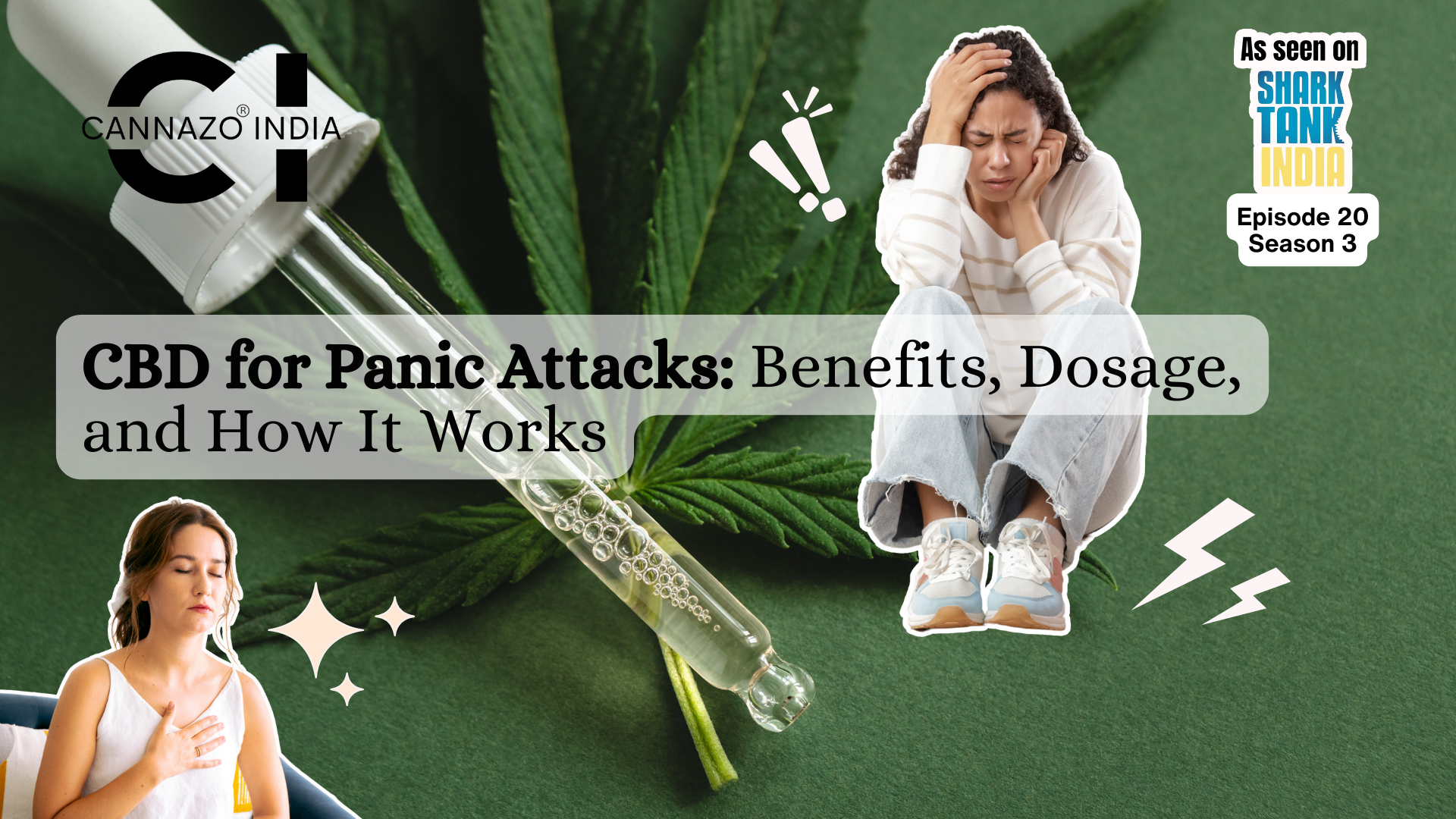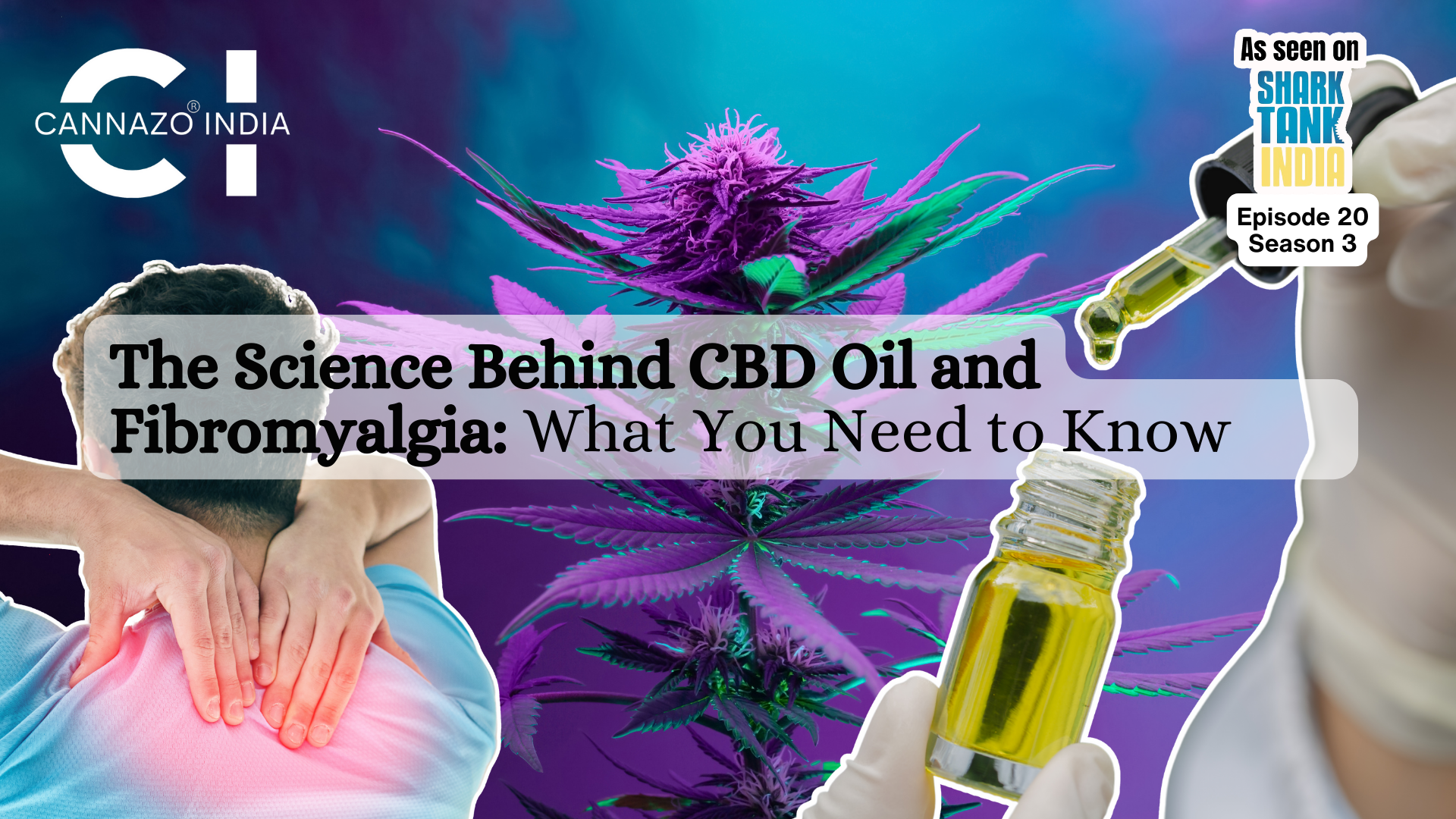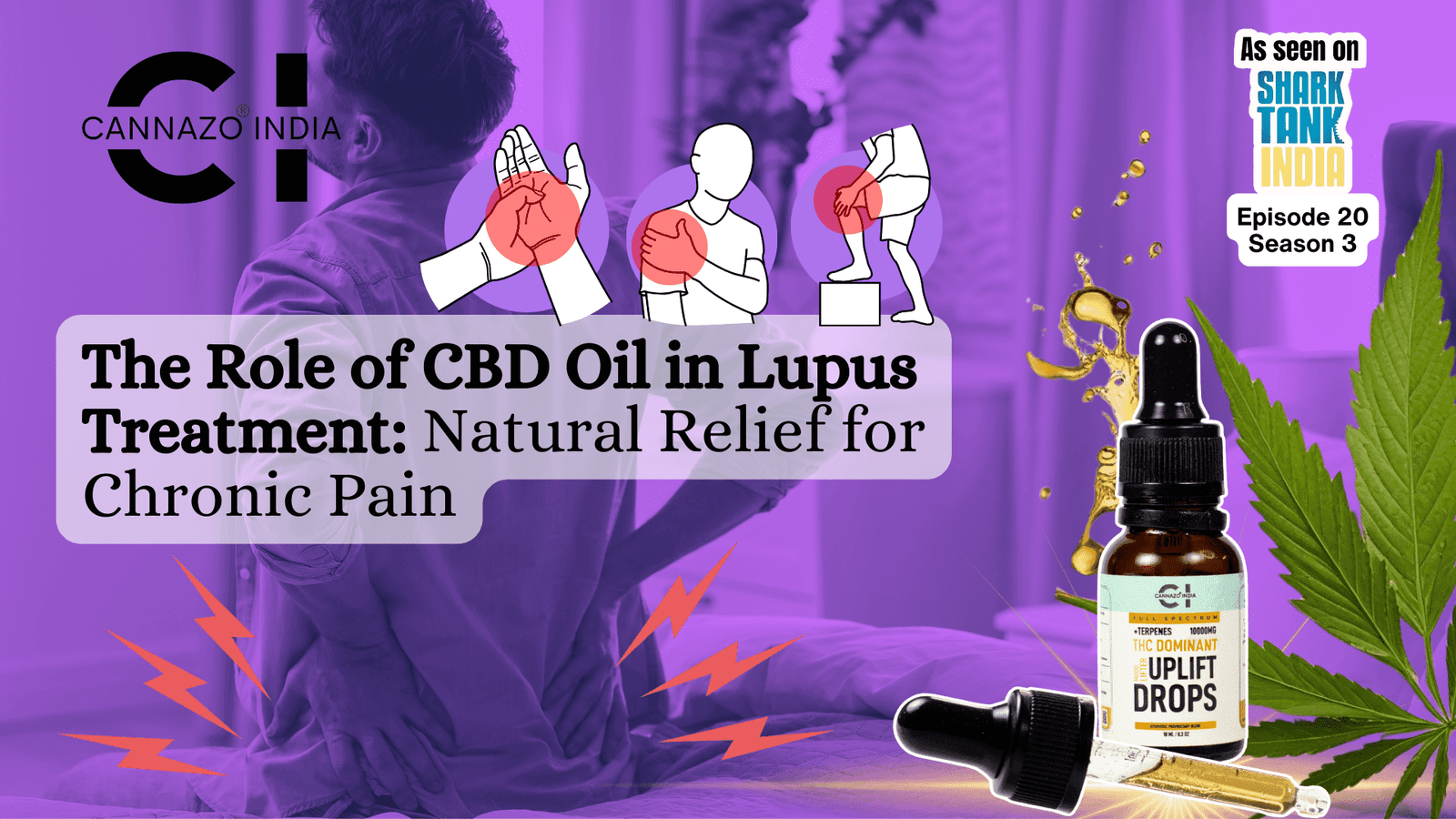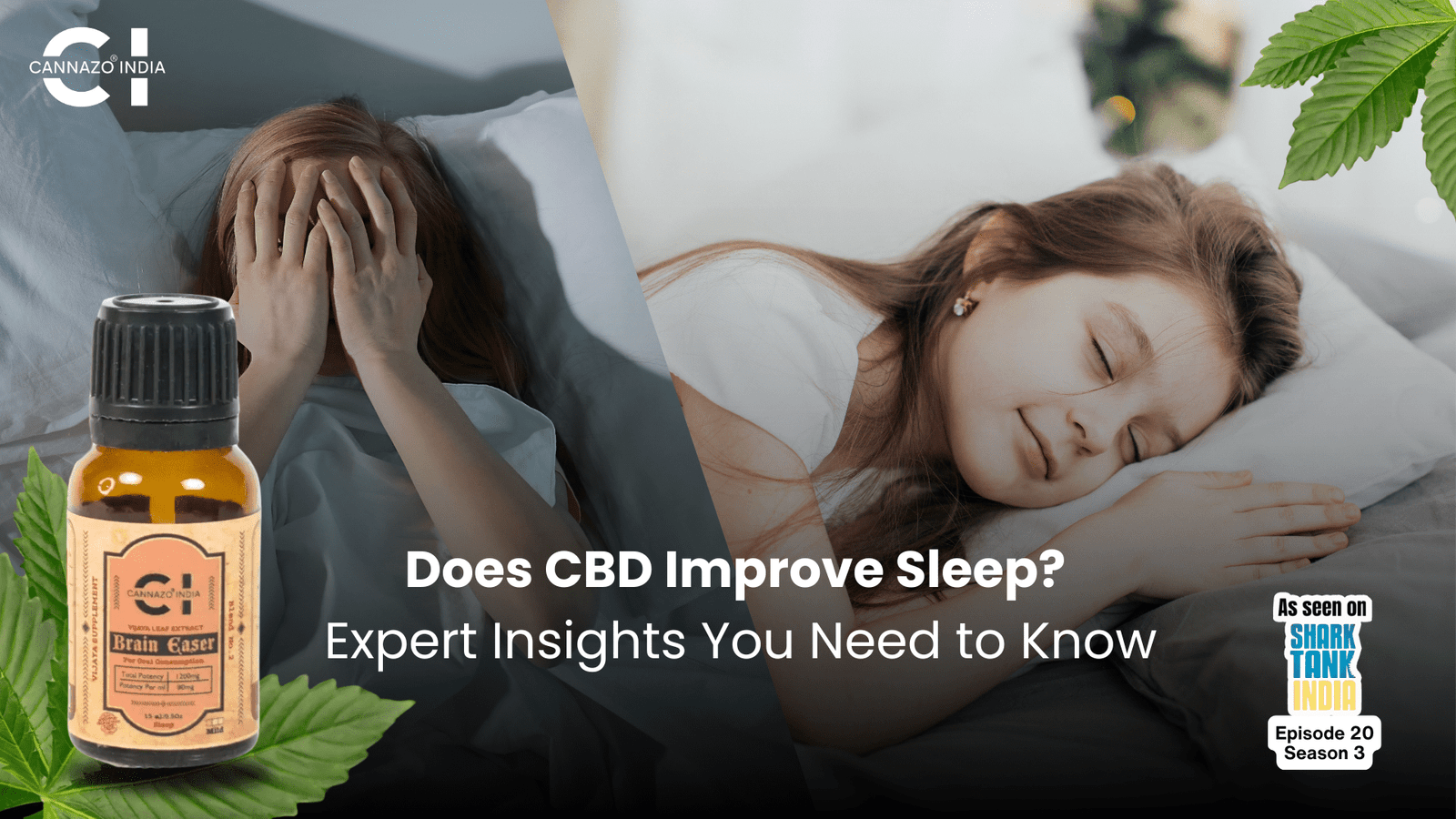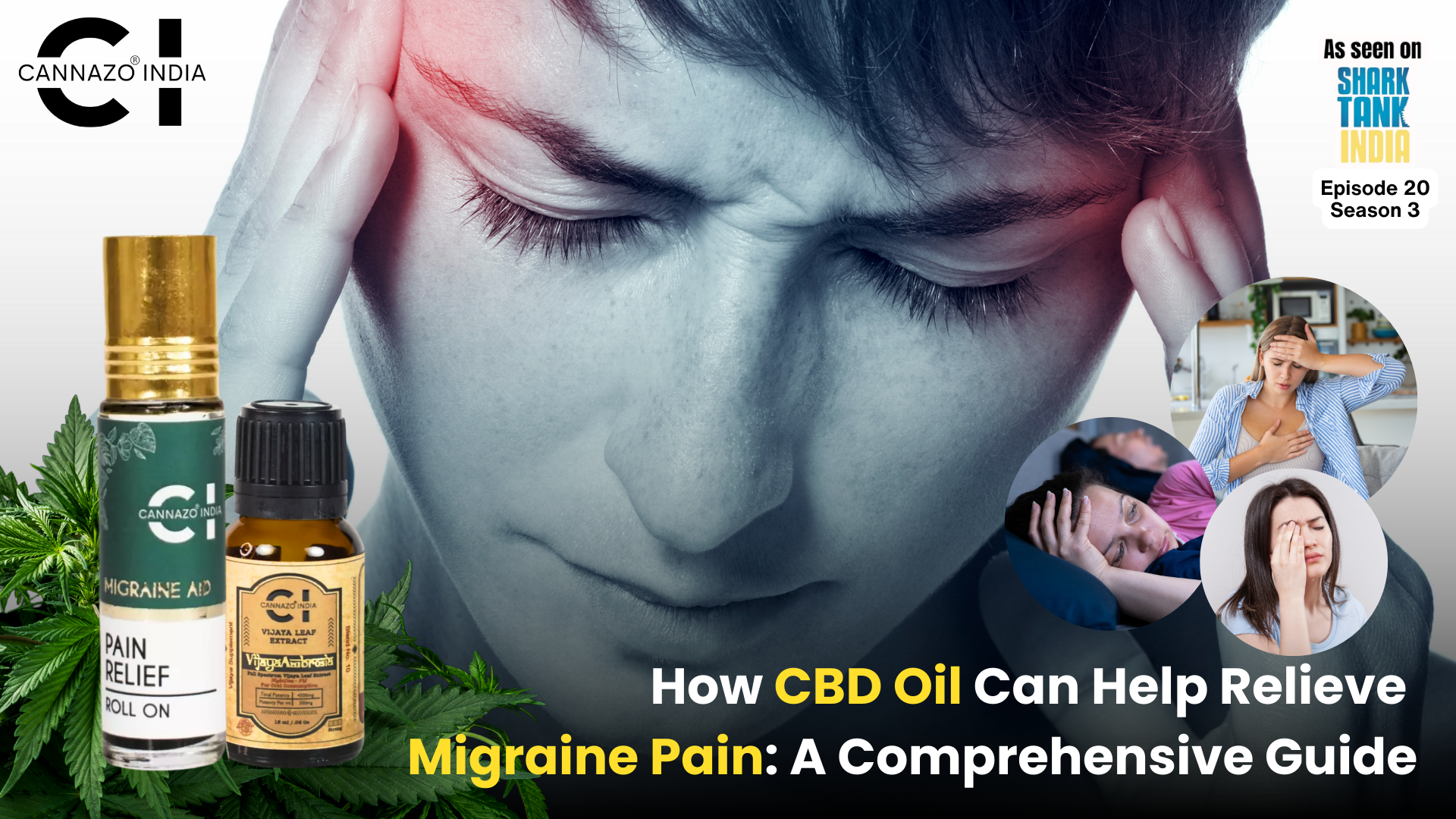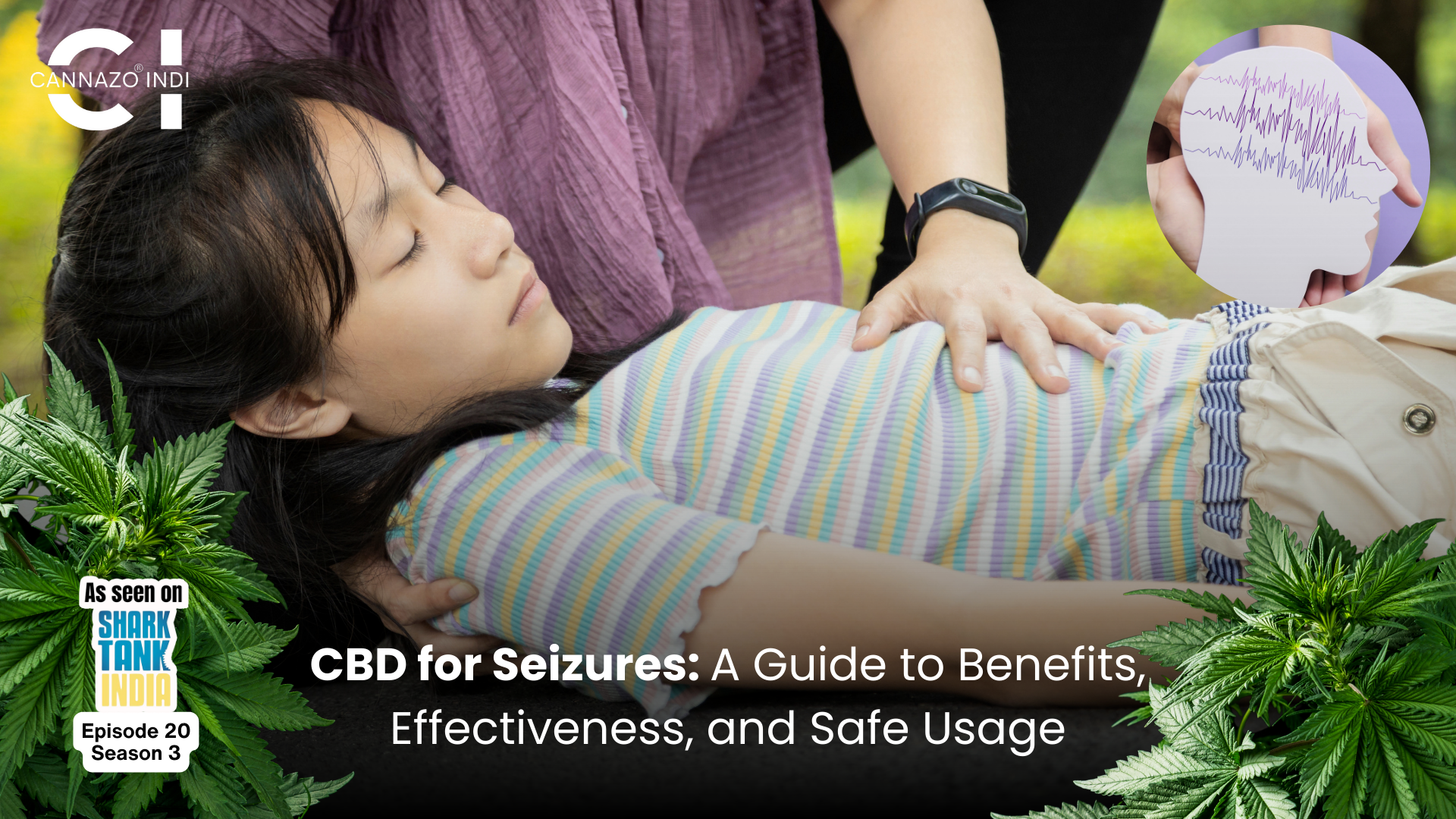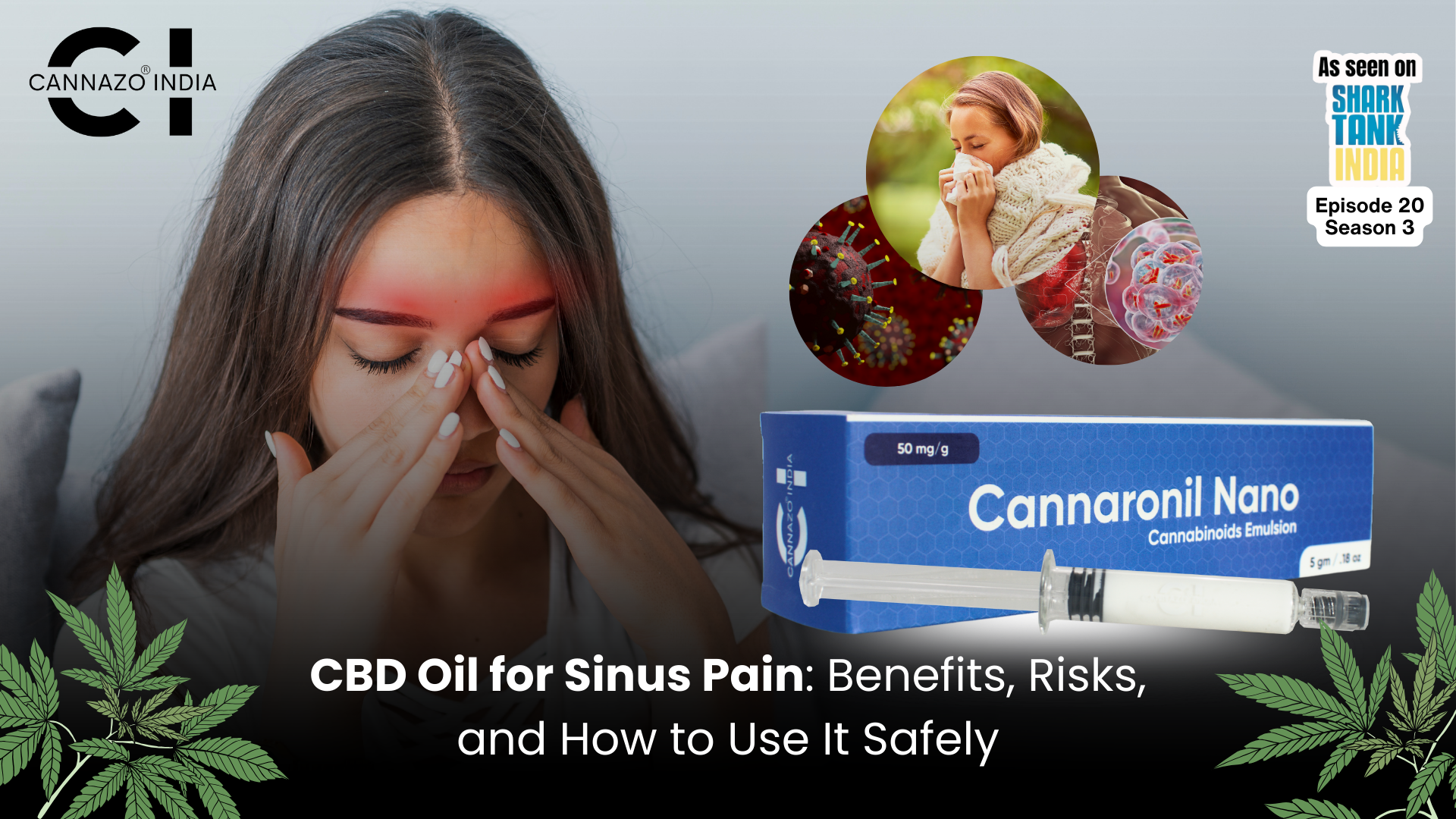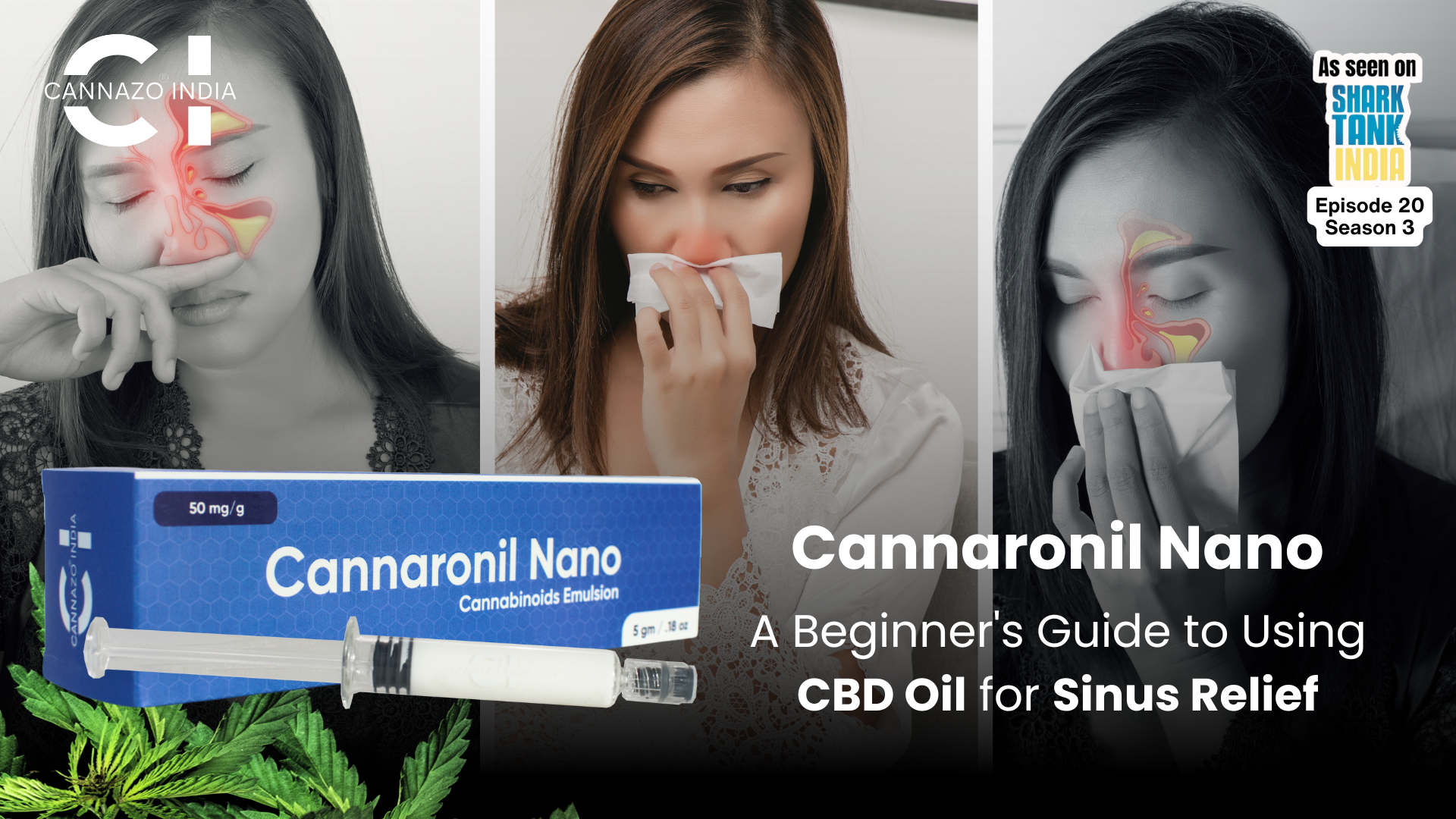Globally, anxiety disorder was diagnosed at approximately 4.05% in 2019 [1]. Unlike the usual feeling of worry, anxiety disorders are characterised by excessive fear about daily situations which are otherwise simple [2].
This can affect the quality of life of the patient making it difficult for them to work or do usual chores. This guide talks about the different types of anxiety disorders, causes, diagnosis and treatment options.
What Are Anxiety Disorders?
People with an anxiety disorder, put simply, feel fear for situations which are practically very mere. Since fear is a defence mechanism, people with anxiety disorder perceive these situations as a threat [2].
Symptoms of Anxiety Disorders and its Characteristics
The Diagnostic and Statistical Manual of Mental Disorders 5 (DSM-5®) has talked about various types of anxiety disorders and described their symptoms in detail [2]. Some of the shared symptoms [3] between the different types of anxiety disorders are:
- Heart palpitations
- Abdominal cramping
- Trembling, shaking, sweating
- Dry mouth
- Chest tightness
- Sleep troubles
- Difficulty in concentrating
As for specific symptoms, people with panic disorder experience panic attacks while people with social anxiety disorder (SAD) are unable to speak in certain social situations [2].
Types of Anxiety Disorders
Different types of anxiety disorders have been detailed in the DSM-5® [2,4], some of which are:
Generalised anxiety disorder (GAD): GAD is the excessive worry or anxiety patients experience over usual, everyday situations like work, school, etc.
Panic disorder: It is characterised by panic attacks which is an intense surge of fear or discomfort which can lead to trembling, trouble breathing and palpitations.
Social anxiety disorder (SAD): SAD or social phobia is characterised by excessive fear/anxiety about specific social situations.
Specific phobias: Phobia can be described as fear/anxiety about particular objects or situations like heights, seeing blood and crowded spaces.
Separation anxiety disorder: It is characterised by excessive anxiety/fear about separating from people to whom the patient is attached.
Agoraphobia: A person with agoraphobia experiences fear when using public transit, being in either enclosed or open spaces, being alone outside the home, or standing in crowds or queues.
Causes and Risk Factors
Anxiety has numerous etiological agents ranging from genetic to environmental to biological [5], which may co-exist.
Genetic factors
Mutations: Specific gene mutations may cause imbalances in neurotransmitter levels which may cause anxiety.
Heredity: Having a family history of anxiety makes one more prone to having it.
Environmental
Negative events: There is some evidence abuse, parental divorce, passing away of loved ones, and other stressful events may increase the risk of developing anxiety.
Biological
Behavioural inhibition: It is the expression of inhibition upon experiencing a new situation, and displaying it during childhood is associated with developing anxiety disorder.
Medical conditions: Hypo- or hyperthyroidism, cardiac conditions and metabolic conditions might cause anxiety-related symptoms.
Diagnosis and Treatment
Diagnosing Anxiety Disorders
Diagnosing anxiety disorders is initially based on eliminating other possible conditions [3]. Common exclusion tests include haemoglobin level tests and thyroid function tests. People with anxiety might also present with elevated heart rate during routine physical examination.
If physical medical conditions are excluded and anxiety is suspected, then a doctor might ask in-depth questions about your symptoms.
According to DSM-5® [2], specific criteria have to be met to diagnose someone with anxiety:
Prolonged excessive anxiety and worry for a specific duration (depending on the type of anxiety disorder)
Physical symptoms like muscle tension, fatigue, irritability, difficulty in breathing, sleep disturbances or difficulty in concentrating for a specific duration.
Anxiety disorders can be severe, but they are very curable. While psychological therapy is usually the primary line treatment option for anxiety, some patients may benefit from taking medication in addition to psychological therapy. If you believe you could be suffering from an anxiety condition, you can enhance your quality of life and control your symptoms by looking into the following treatment options and consulting the right doctor. Get in touch with experienced doctors via https://cannazoindia.com/doctor-consultation/
Therapy Options:
Psychotherapy, often known as talk therapy, is crucial to ensuring the effectiveness of anxiety treatment plans. Cognitive-behavioral therapy (CBT), psychodynamic psychotherapy, interpersonal therapy (IPT), and exposure therapy are all evidence-based therapies for anxiety disorders that have been shown to improve mental health outcomes [8].
CBT is the most commonly used option [5, 6] where a doctor (or the patient) examines anxiety-inducing thoughts and then tries to understand how to manage them.
Seeking therapy from a counselor, psychologist, or social worker can teach you new coping mechanisms for anxiety in day-to-day situations.
Medications:
The approach to treating anxiety can be either pharmacological, non-pharmacological or both methods [6]. Medications for anxiety disorders include:
Selective serotonin reuptake inhibitors (SSRIs): The mechanism of action of selective serotonin reuptake inhibitors (SSRIs) is to raise serotonin levels, a neurotransmitter that influences mood, appetite, sleep, and memory. SSRIs are normally prescribed at a low dose, which your doctor progressively raises.
Example: Escitalopram, fluoxetine, sertraline, etc.
Selective serotonin-norepinephrine reuptake inhibitors (SNRIs): SNRIs improve symptoms by eventually influencing alterations in brain chemistry and communication within the brain’s nerve cell circuitry that is responsible for regulating mood. SNRIs prevent the brain’s reabsorption, or taking in, of the neurotransmitters norepinephrine and serotonin .
Example: Venlafaxine and duloxetine.
Tricyclic anti-depressants (TCAs): TCAs are as effective as SSRIs for treating major anxiety disorders, although they are less effective for treating associated diseases such as obsessive-compulsive disorder. Tricyclics, like SSRIs, are prescribed in low doses and gradually raised.
Example: Imipramine and clomipramine.
SSRIs and SNRIs are the first-line drugs which are prescribed before TCAs since they have fewer side effects.
New Treatment Option: Full spectrum CBD Oil
CBD oils interact with the body’s endocannabinoid system to stimulate relaxation and relieve stress. According to study, CBD may help reduce anxiety by connecting with the brain’s serotonin receptors, which regulate mood and anxiety. CBD can help with the other symptoms. It reduces anxiety-related sleeplessness and increases appetite. Keeping your cool will help prevent panic attacks [7]. CBD oils like SSRIs, are prescribed in low doses and gradually raised.
Example: Calm Drops and Vijaya Amrit
Although therapeutic approaches may help in managing anxiety, some other self-help tips may also help, like:
Exercising: Being active either by exercising or dancing or any other activity may help regulate mood and help alleviate anxiety.
Talking: Talking out your thoughts with a therapist, a support group or a friend might help relieve anxiety for some time.
Breathing: Doing breathing exercises may help manage breathing when experiencing unmanageable anxiety.
Conclusion
There are many types of anxiety disorders which can severely affect individuals’ quality of life, including physical, psychological and social factors.
Thus, it is important to recognise the symptoms, get a proper check-up, and seek proper treatment to manage anxiety effectively.
References
- Javaid, S. F., Hashim, I. J., Hashim, M. J., Stip, E., Samad, M. A., & Ahbabi, A. A. (2023). Epidemiology of anxiety disorders: global burden and sociodemographic associations. Middle East Current Psychiatry, 30(1), 44.
- American Psychiatric Association. (2015). Anxiety disorders: DSM-5® selections. American Psychiatric Pub.
- Vanin, J. R., Helsley, J. D., Morgan, D. M., & Vanin, J. R. (2008). Overview of anxiety and the anxiety disorders. Anxiety disorders: A pocket guide for primary care, 1-18.
- PsychReel (2022, October 1). DSM 5 Anxiety Disorders (A complete guide). DSM 5 Anxiety Disorders (A Complete Guide). Retrieved June 22, 2024, from https://psychreel.com/dsm-5-anxiety-disorders/
- PsychCentral (2022, July 8). What Causes Anxiety? What Causes Anxiety? Retrieved June 22, 2024, from https://psychcentral.com/anxiety/causes-of-anxiety-disorders
- Bandelow, B., Michaelis, S., & Wedekind, D. (2017). Treatment of anxiety disorders. Dialogues in clinical neuroscience, 19(2), 93-107.
- Puri A. CBD Oil for Anxiety: Dosage, Benefits, and Recommendations. Cannazo India. https://cannazoindia.com/cbd-oil-for-anxiety-dosage-benefits-and-recommendations/. Published April 27, 2024.
- Brenner B. Different Types of Therapy: Which is Best for Anxiety? Therapy Group of DC. https://therapygroupdc.com/therapist-dc-blog/different-types-of-therapy-which-is-best-for-anxiety/. Published June 30, 2024.





